Rashomon

Reviews
The Movie Diorama
Rashomon beguiles through the torrential downpour of fabrication. “It’s human to lie. Most of the time we can’t even be honest with ourselves”. Honesty. Deceit. Contradiction. A crucial part of human preservation is the requirement to lie. Intentional or accidental, it’s within our ancestral blood. The unprejudiced can succumb to the immoral values of deceit, either through meticulous storytelling or scattershot deception. Even the truth can be distorted by one’s self-absorbed ego. The mutually contradictory stories of a bandit, Samurai and his wife, during a police questioning of an ambush, rape and murder, provides Kurosawa with the leverage to thematically explore the depths of human duplicity. A narrative conveyed through the perspective of four individuals, each telling a variation of the same event and asserting it as the truth. Yet who is moral? Who is verifiable? The answer lies within the embellishments of mankind. The egotistical residue enveloping the desires for personal gain. The bandit, openly admitting to the events in question, proud of his barbaric conquest. The wife, subjecting herself to sorrow and helplessness, innocently scarred from the visceral crime. The Samurai, communicating through a spiritual medium, self-gratifying his noble demise. And the distant woodcutter, examining the various preceding stories, acting as the fragile bystander solidifying his story as the whole truth. But when characters reside in a downbeat world where “you just can’t live unless you’re what you call selfish”, is anyone’s depiction correct? Is lying for personal gain and visibly stealing an abandoned baby’s clothing the same selfish endeavour? Variational stories so similar yet so different in tone. It all comes down to the genius that is Kurosawa. Depicting egoism through embellishment, not just through the verbal tales of the living, but also beyond the grave. Signifying the requirement for flattering falsehood, even when life has been fully exerted. It is the impossibility of human nature that provokes us into fabricating the most obvious details. Never has such an influential film, shrouded in its own classicism, infiltrated my soul through its thematic examination of human psychology as much as this did. Every word. Every detail. Every deadpan look into the camera. Every tracking shot that showcases the glistening sun of truth through the obscurities of darkened natural foliage. It’s perfect. The imperfect gender politics of feudal Japan (“women are naturally weak”) delicately inverted to portray the weakness of humanity, regardless of gender. Utilising the subjectivity of the woodcutter’s perspective, and regarding it as the most truthful conclusive narrative, mankind is objectively weak. And it’s only through our own digressions that we manufacture the strength of the soul. Kurosawa’s symbolic attentiveness never deviated from this examination. His rampart artistry poetically manifesting the beauty of mystery. Invoking the investigative mind of human psychology. And once that overcast storm dissipates, revealing the warm beating rays of honesty, the overwhelming sensation of enlightenment will seep through. A synergistic vitality equalling that of Mifune’s energetic quadruple performance. Each tale altering the personality of his bandit blood. Hysterically laughing at the face of adversity, to unbearably breathing from profuse fear and sin. The nuances are not exhumed just from the enigmatic cast. Kurosawa himself orchestrated a tantalising, influential and innovative mystery that combats the perception of regressive culture. It’s never retrograde nor unprogressive. It is however, and I can utter this with adorned confidence, perfect. Short, sharp and sensational. Relatable on a thematic and personal level that transcends the discourse of time. Apt now as it was back then, only proving that humanity is cemented in deceit and acts of selfishness. As with any Kurosawa feature, the mind must be prepared for allegorical beauty. Rashomon is no different. Rashomon is painted with silky smooth brushes, illustrating an unconventional technique of storytelling through visceral imagery. Rashomon quite simply acquires the perfect rating. An undisputed classic that justifiably conceived, what is now commonly known as, “The Rashomon Effect”.
CinemaSerf
In what seems like an endless, almost biblical, rainstorm we meet three people sheltering in the ruins of an old gatehouse. Each has their own story to tell of the rape of a woman and of the murder of her husband. It was the woodcutter (Takashi Shimura) who discovered the body and who alerted the authorities. It was those authorities that conducted a trial at which a priest (Minoru Chiaki), the woodcutter, the widow/victim (Machiko Kyô); the ghost of her deceased Samurai husband and, finally, the renowned bandit "Tajômaru" (Toshirô Mifune) are required to testify. We are shown manifestations of each testimony: all smilier but different. Who were the two victims? Was he honourable and decent? Was she demure or a temptress? Are those testifying embellishing what they saw, what they did? What makes this film great is that there doesn't appear to be a right answer. Each version is plausible, nobody is entirely trustworthy and at the end of each story, you could easily agree that was an accurate report on the turn of events. Accompanied by the relentless sound of the rain and by a soundtrack that reminded me very much of Ravel's "Bolero" we explore each permutation with some super performances from all concerned, but especially from the almost maniacal Mifune and from Miss Kyô. Kurosawa packs loads into less than ninety minutes in a salutary lesson in classy and enthralling film making that is quickly paced, characterfully delivered and suitably exasperating at the end! This is a good film.
Filipe Manuel Neto
**A good movie.** Despite acknowledging the quality and attention to detail, I can't really enjoy Japanese cinema. Maybe because it's so different from what we have around here. But even being so different, we have to recognize the talent of those who have it. Akira Kurosawa is a director with a sharp eye and detail, who knows how to direct the people under his command and extract from each one what he needs for the film he has in hand. This film seemed to me to be a lot more complicated than it would have been presumed, and I must say that I decided to watch it without knowing very well what I was going to find. Sometimes it feels good to discover something and let yourself be surprised, doesn't it? The story revolves around a crime committed in the middle of the forest, in which a very rich nobleman dies, and the film explores very well the nuances between the versions of the facts, told by various actors. However, the relativity of truth, which Kurosawa ends up defending in his film, I cannot help opposing the precision and absolute reality of the facts. If Kurosawa thinks that there can be several truths around a fact, I personally prefer to defend that there can be several perspectives, several faces of a single truth, factually verifiable. On that point, I disagree with the director. Regardless of my personal disagreements with Kurosawa, we have to recognize the beauty of the script, in its simple writing, but not simplistic, crystalline and clear, but always done in a challenging, philosophical tone. The actors help the director a lot in his eagerness, with great commitment to the ongoing project and high doses of professionalism. Personally, I think I can only highlight Toshiru Mifune, an excellent actor in yet another superb job. The others are just as good, but I don't know them. Technically, the film is worth it for all the details. The cinematography, in black and white, stands out with an excellent use of light and shadow, and great sharpness. The film takes place in the middle of the forest and knows how to make it mysterious, yet fascinating, and the settings are magnificent in their detail. The soundtrack is also good, but I confess that it didn't always captivate me.
Movie Recommendation
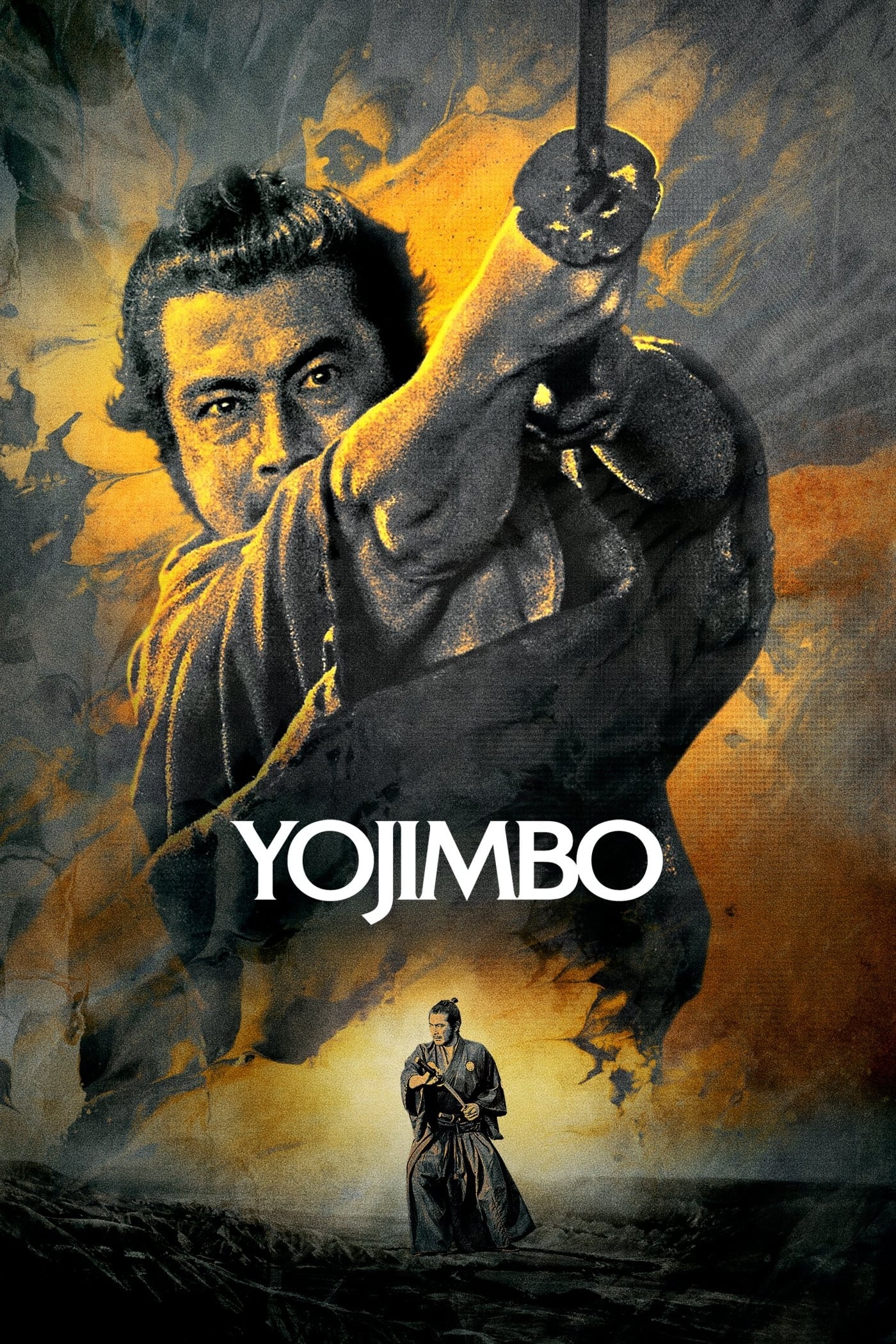 Yojimbo1961-04-25A nameless ronin, or samurai with no master, enters a small village in feudal Japan where two rival businessmen are struggling for control of the local gambling trade. Taking the name Sanjuro Kuwabatake, the ronin convinces both silk merchant Tazaemon and sake merchant Tokuemon to hire him as a personal bodyguard, then artfully sets in motion a full-scale gang war between the two ambitious and unscrupulous men.More...
Yojimbo1961-04-25A nameless ronin, or samurai with no master, enters a small village in feudal Japan where two rival businessmen are struggling for control of the local gambling trade. Taking the name Sanjuro Kuwabatake, the ronin convinces both silk merchant Tazaemon and sake merchant Tokuemon to hire him as a personal bodyguard, then artfully sets in motion a full-scale gang war between the two ambitious and unscrupulous men.More...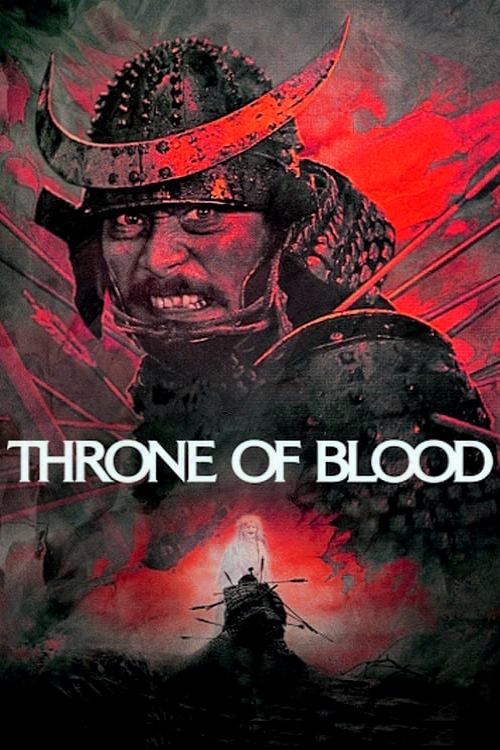 Throne of Blood1957-01-15Returning to their lord's castle, samurai warriors Washizu and Miki are waylaid by a spirit who predicts their futures. When the first part of the spirit's prophecy comes true, Washizu's scheming wife, Asaji, presses him to speed up the rest of the spirit's prophecy by murdering his lord and usurping his place. Director Akira Kurosawa's resetting of William Shakespeare's "Macbeth" in feudal Japan is one of his most acclaimed films.More...
Throne of Blood1957-01-15Returning to their lord's castle, samurai warriors Washizu and Miki are waylaid by a spirit who predicts their futures. When the first part of the spirit's prophecy comes true, Washizu's scheming wife, Asaji, presses him to speed up the rest of the spirit's prophecy by murdering his lord and usurping his place. Director Akira Kurosawa's resetting of William Shakespeare's "Macbeth" in feudal Japan is one of his most acclaimed films.More...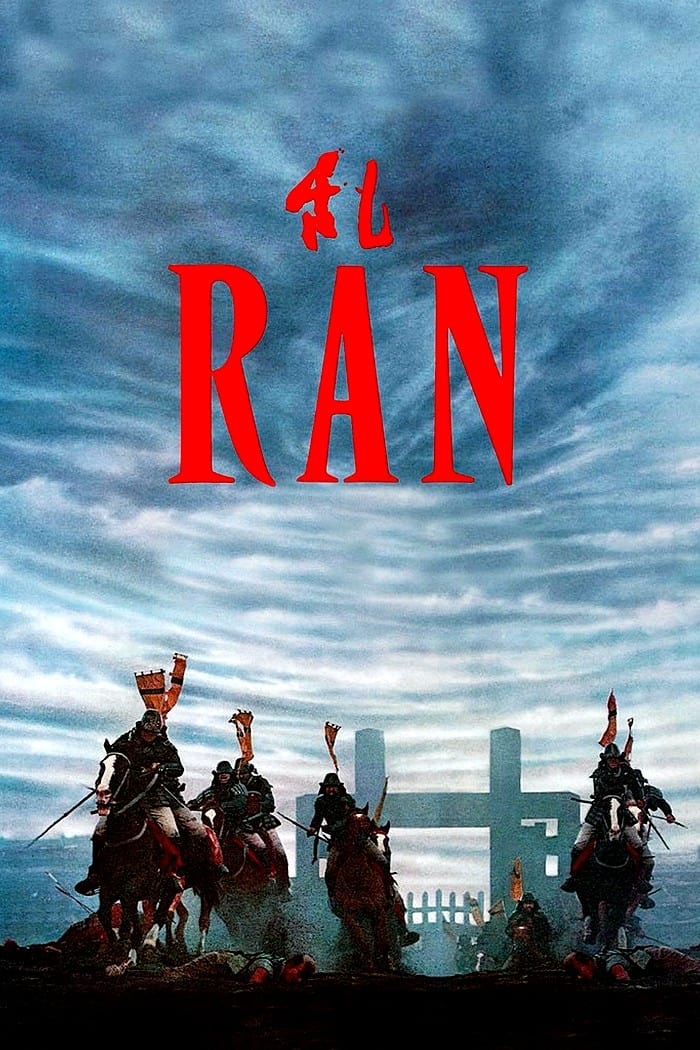 Ran1985-06-01Shakespeare's King Lear is reimagined as a singular historical epic set in sixteenth-century Japan where an ageing warlord divides his kingdom between his three sons.More...
Ran1985-06-01Shakespeare's King Lear is reimagined as a singular historical epic set in sixteenth-century Japan where an ageing warlord divides his kingdom between his three sons.More...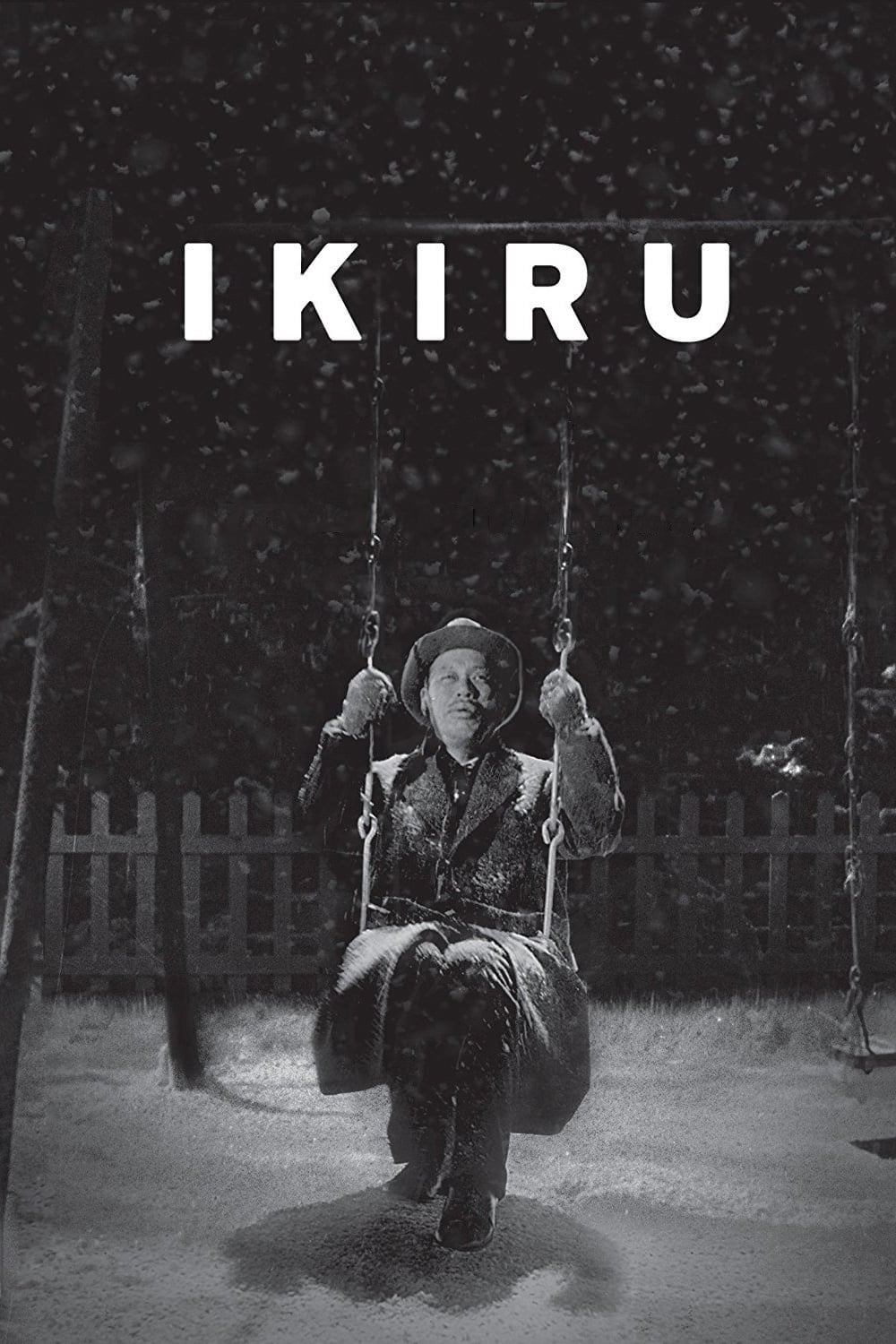 Ikiru1952-10-09Kanji Watanabe is a middle-aged man who has worked in the same monotonous bureaucratic position for decades. Learning he has cancer, he starts to look for the meaning of his life.More...
Ikiru1952-10-09Kanji Watanabe is a middle-aged man who has worked in the same monotonous bureaucratic position for decades. Learning he has cancer, he starts to look for the meaning of his life.More... Seven Samurai1954-04-26A samurai answers a village's request for protection after he falls on hard times. The town needs protection from bandits, so the samurai gathers six others to help him teach the people how to defend themselves, and the villagers provide the soldiers with food.More...
Seven Samurai1954-04-26A samurai answers a village's request for protection after he falls on hard times. The town needs protection from bandits, so the samurai gathers six others to help him teach the people how to defend themselves, and the villagers provide the soldiers with food.More...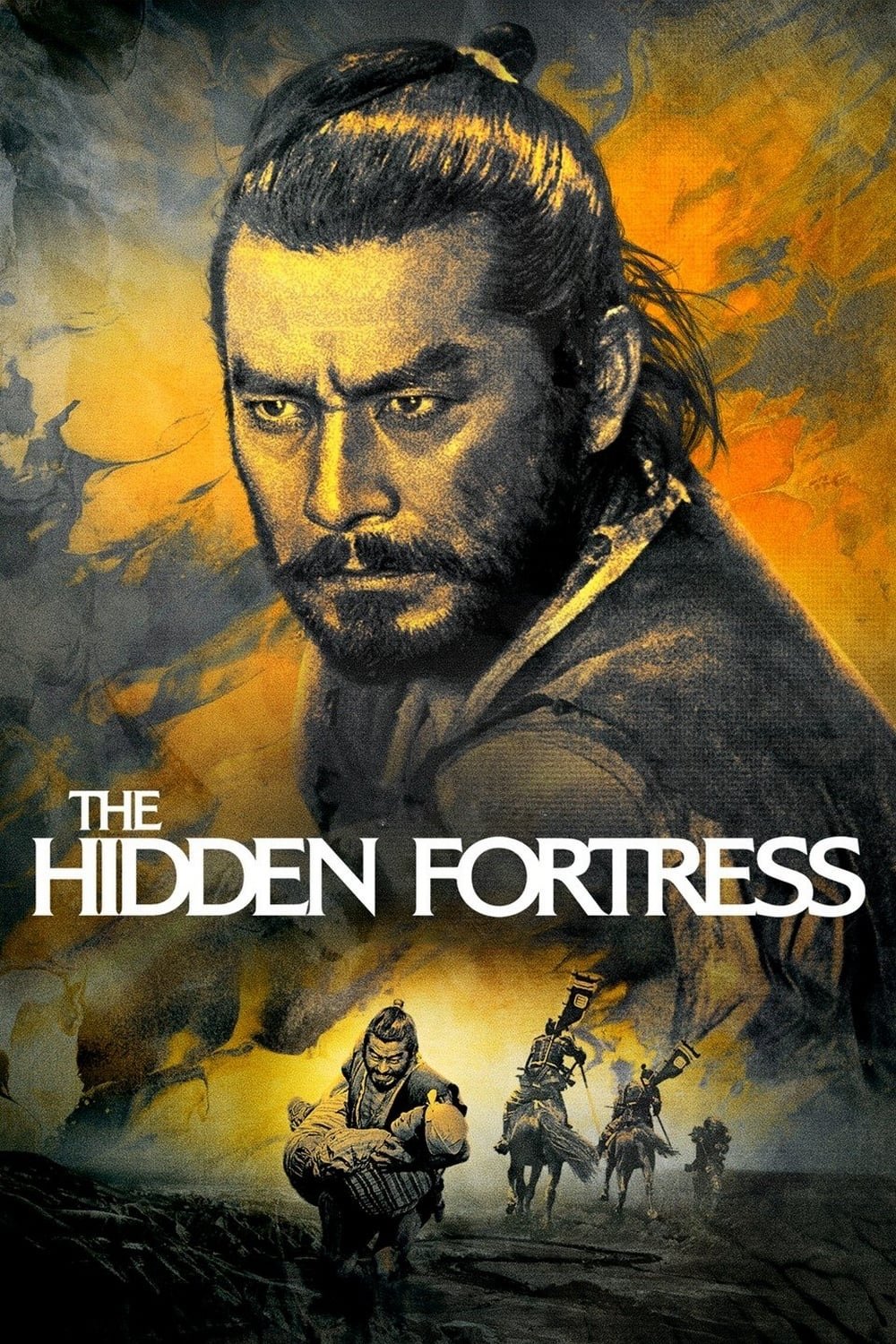 The Hidden Fortress1958-12-28In feudal Japan, during a bloody war between clans, two cowardly and greedy peasants, soldiers of a defeated army, stumble upon a mysterious man who guides them to a fortress hidden in the mountains.More...
The Hidden Fortress1958-12-28In feudal Japan, during a bloody war between clans, two cowardly and greedy peasants, soldiers of a defeated army, stumble upon a mysterious man who guides them to a fortress hidden in the mountains.More...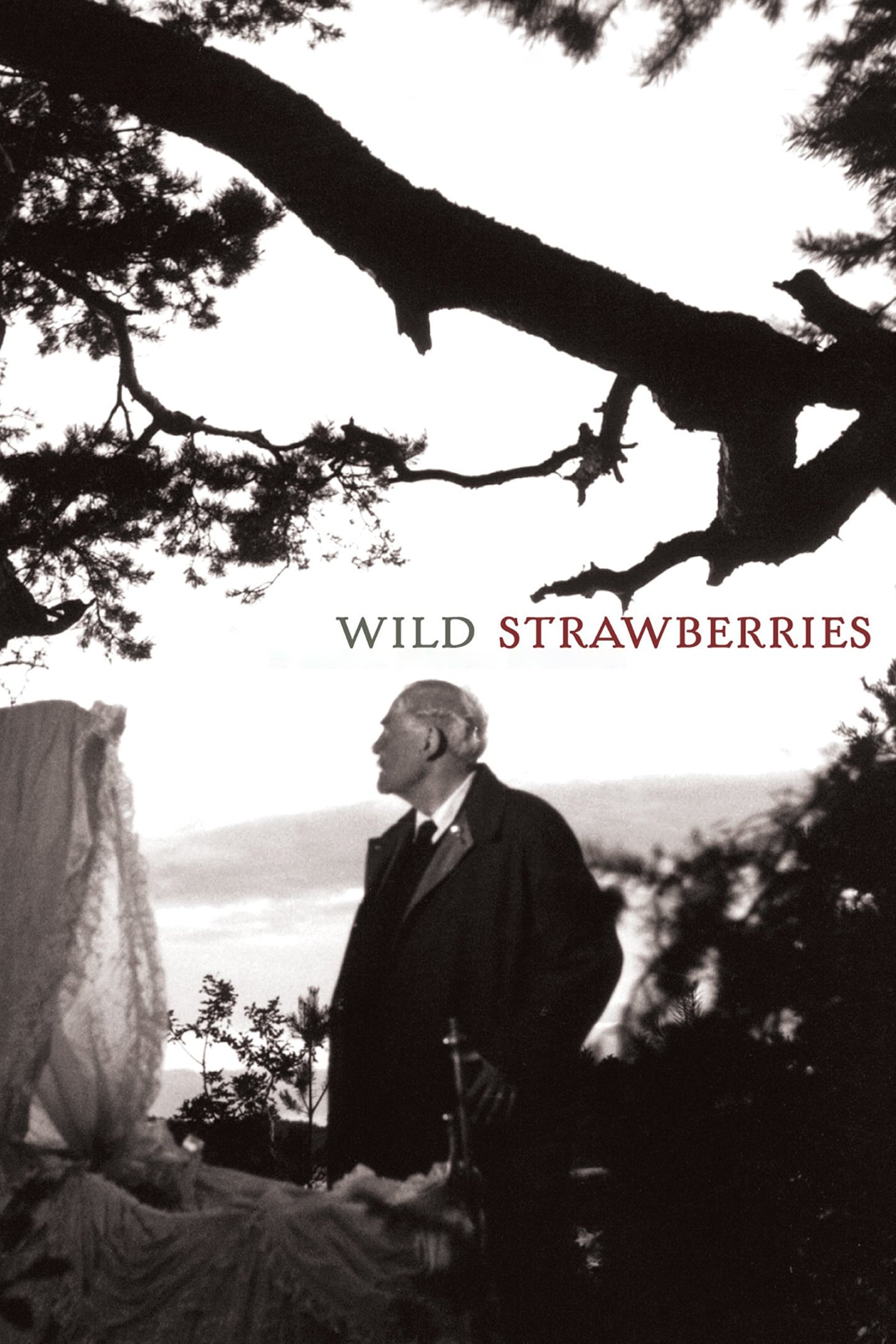 Wild Strawberries1957-08-28Crotchety retired doctor Isak Borg travels from Stockholm to Lund, Sweden, with his pregnant and unhappy daughter-in-law, Marianne, in order to receive an honorary degree from his alma mater. Along the way, they encounter a series of hitchhikers, each of whom causes the elderly doctor to muse upon the pleasures and failures of his own life. These include the vivacious young Sara, a dead ringer for the doctor's own first love.More...
Wild Strawberries1957-08-28Crotchety retired doctor Isak Borg travels from Stockholm to Lund, Sweden, with his pregnant and unhappy daughter-in-law, Marianne, in order to receive an honorary degree from his alma mater. Along the way, they encounter a series of hitchhikers, each of whom causes the elderly doctor to muse upon the pleasures and failures of his own life. These include the vivacious young Sara, a dead ringer for the doctor's own first love.More...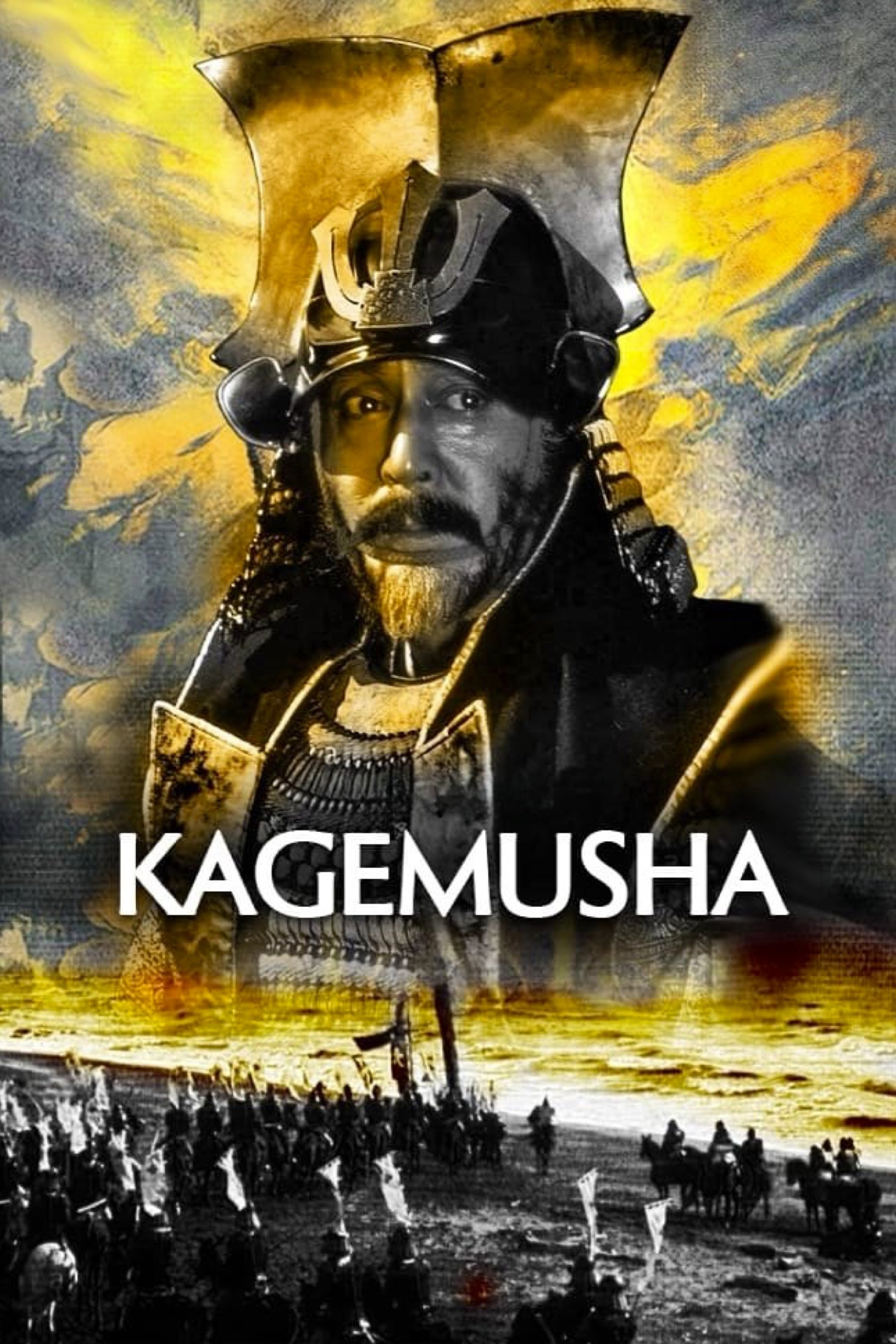 Kagemusha1980-04-26Akira Kurosawa's lauded feudal epic presents the tale of a petty thief who is recruited to impersonate Shingen, an aging warlord, in order to avoid attacks by competing clans. When Shingen dies, his generals reluctantly agree to have the impostor take over as the powerful ruler. He soon begins to appreciate life as Shingen, but his commitment to the role is tested when he must lead his troops into battle against the forces of a rival warlord.More...
Kagemusha1980-04-26Akira Kurosawa's lauded feudal epic presents the tale of a petty thief who is recruited to impersonate Shingen, an aging warlord, in order to avoid attacks by competing clans. When Shingen dies, his generals reluctantly agree to have the impostor take over as the powerful ruler. He soon begins to appreciate life as Shingen, but his commitment to the role is tested when he must lead his troops into battle against the forces of a rival warlord.More...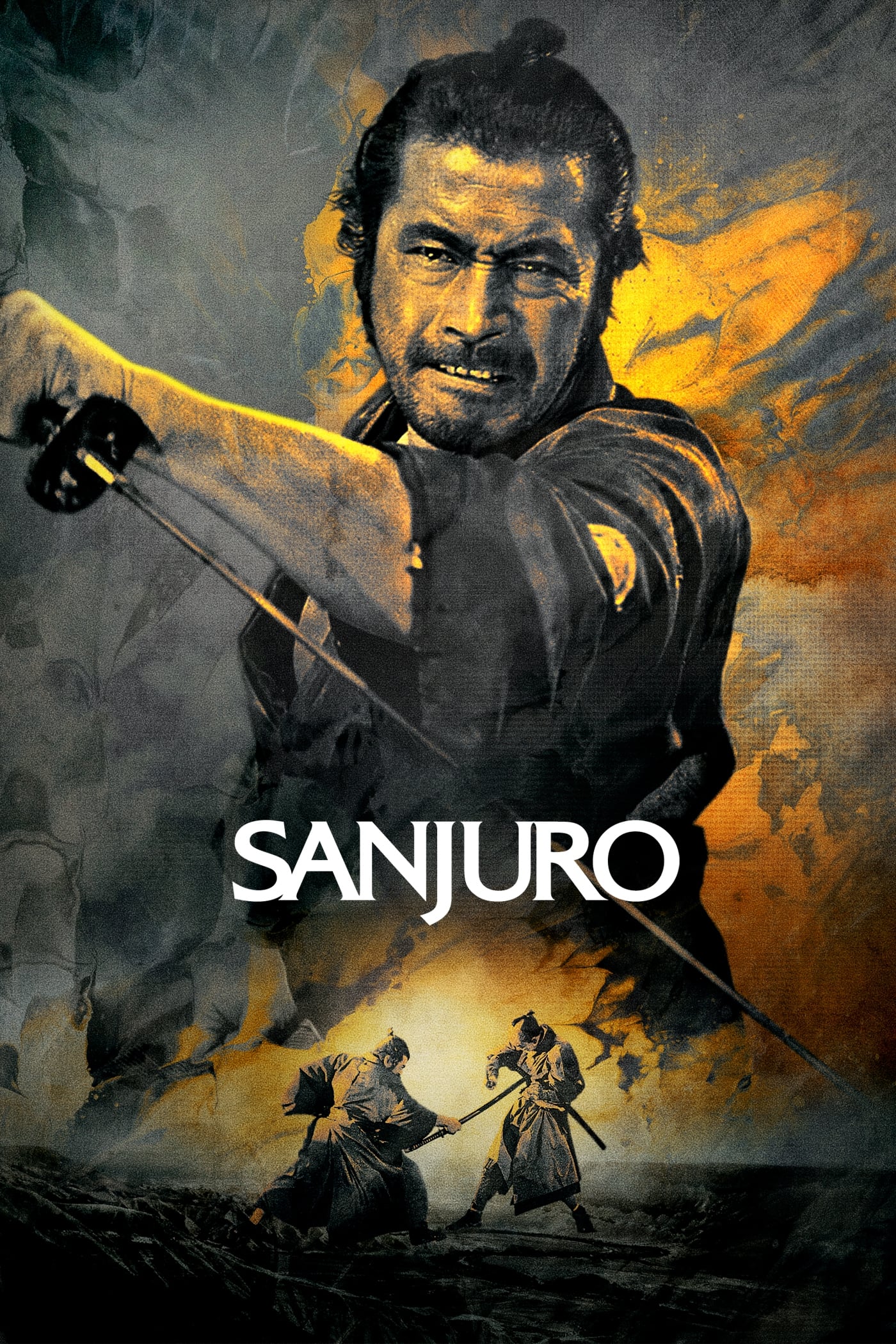 Sanjuro1962-01-01Toshiro Mifune swaggers and snarls to brilliant comic effect in Kurosawa's tightly paced, beautifully composed "Sanjuro." In this companion piece and sequel to "Yojimbo," jaded samurai Sanjuro helps an idealistic group of young warriors weed out their clan's evil influences, and in the process turns their image of a proper samurai on its ear.More...
Sanjuro1962-01-01Toshiro Mifune swaggers and snarls to brilliant comic effect in Kurosawa's tightly paced, beautifully composed "Sanjuro." In this companion piece and sequel to "Yojimbo," jaded samurai Sanjuro helps an idealistic group of young warriors weed out their clan's evil influences, and in the process turns their image of a proper samurai on its ear.More...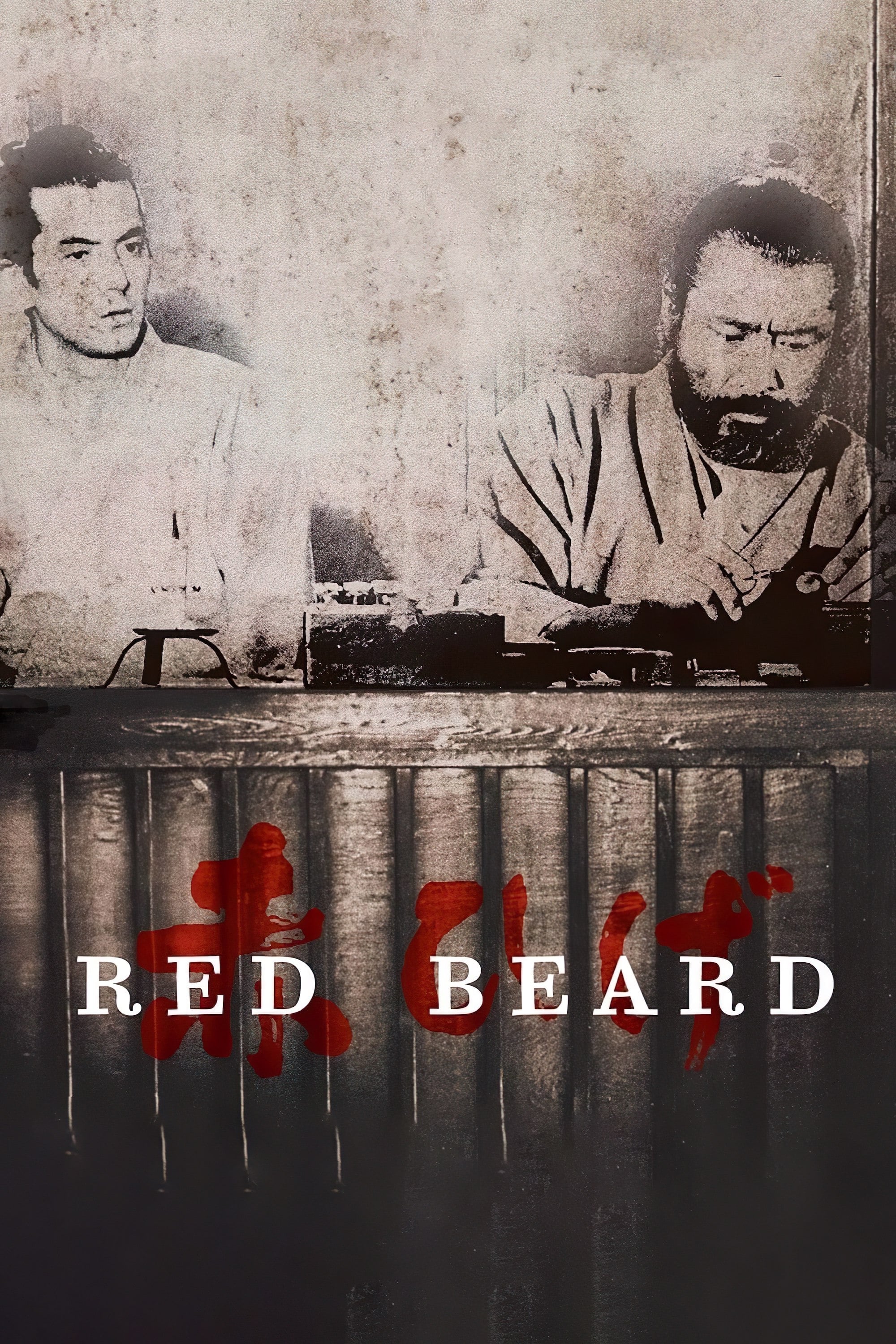 Red Beard1965-04-03Aspiring to an easy job as personal physician to a wealthy family, Noboru Yasumoto is disappointed when his first post after medical school takes him to a small country clinic under the gruff doctor Red Beard. Yasumoto rebels in numerous ways, but Red Beard proves a wise and patient teacher. He gradually introduces his student to the unglamorous side of the profession, ultimately assigning him to care for a prostitute rescued from a local brothel.More...
Red Beard1965-04-03Aspiring to an easy job as personal physician to a wealthy family, Noboru Yasumoto is disappointed when his first post after medical school takes him to a small country clinic under the gruff doctor Red Beard. Yasumoto rebels in numerous ways, but Red Beard proves a wise and patient teacher. He gradually introduces his student to the unglamorous side of the profession, ultimately assigning him to care for a prostitute rescued from a local brothel.More...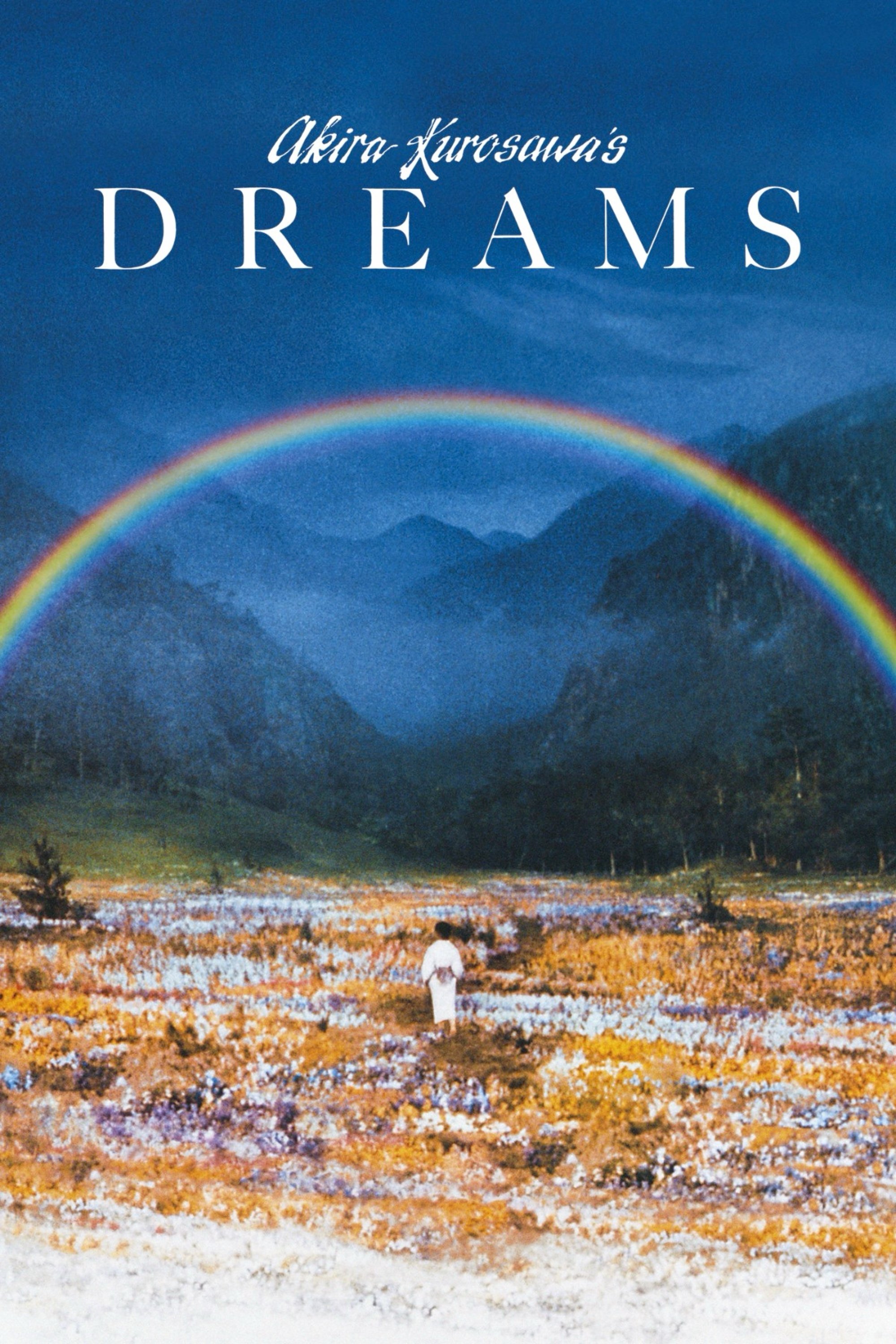 Dreams1990-05-11A collection of magical tales based upon the actual dreams of director Akira Kurosawa.More...
Dreams1990-05-11A collection of magical tales based upon the actual dreams of director Akira Kurosawa.More...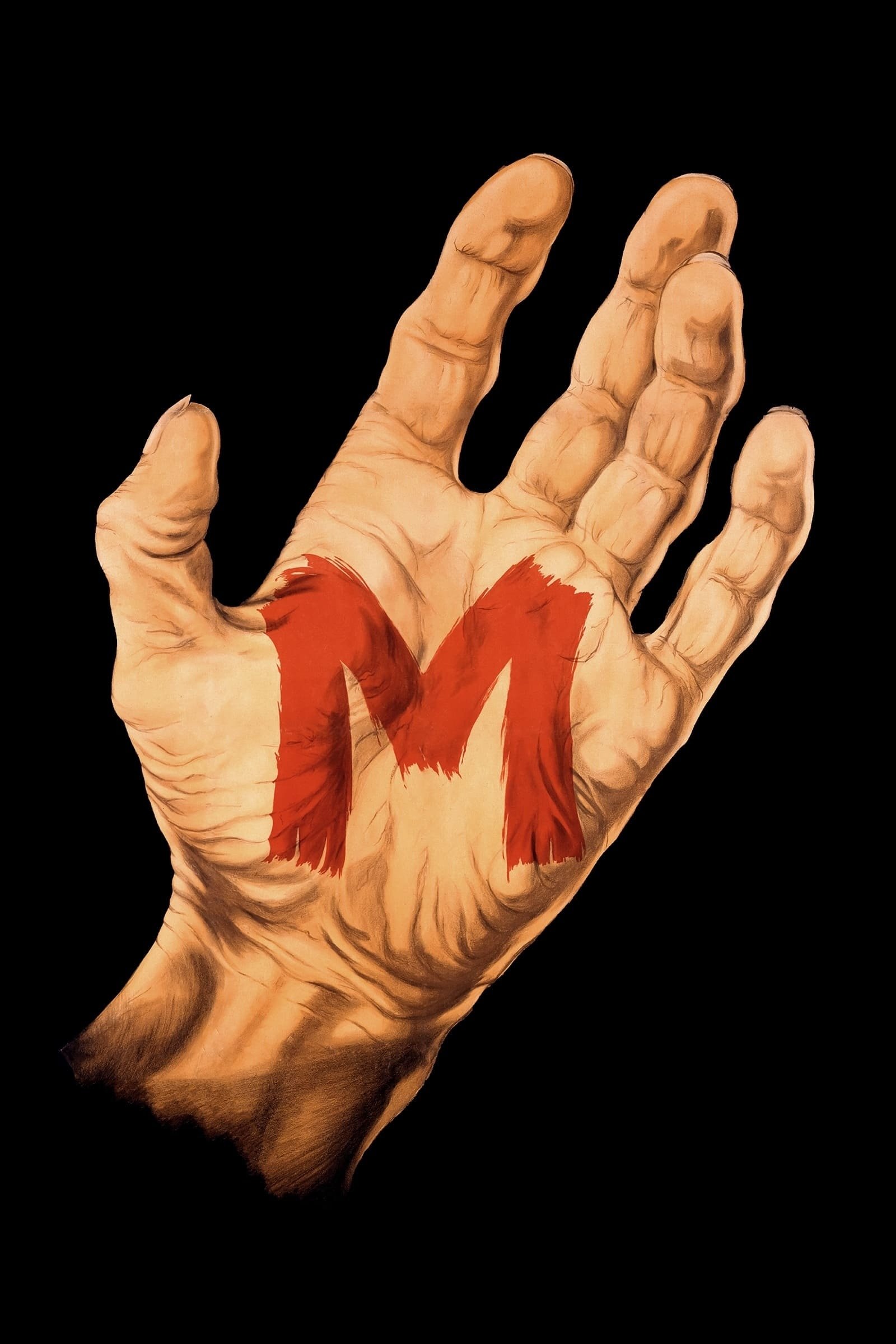 M1931-05-11In this classic German thriller, Hans Beckert, a serial killer who preys on children, becomes the focus of a massive Berlin police manhunt. Beckert's heinous crimes are so repellant and disruptive to city life that he is even targeted by others in the seedy underworld network. With both cops and criminals in pursuit, the murderer soon realizes that people are on his trail, sending him into a tense, panicked attempt to escape justice.More...
M1931-05-11In this classic German thriller, Hans Beckert, a serial killer who preys on children, becomes the focus of a massive Berlin police manhunt. Beckert's heinous crimes are so repellant and disruptive to city life that he is even targeted by others in the seedy underworld network. With both cops and criminals in pursuit, the murderer soon realizes that people are on his trail, sending him into a tense, panicked attempt to escape justice.More...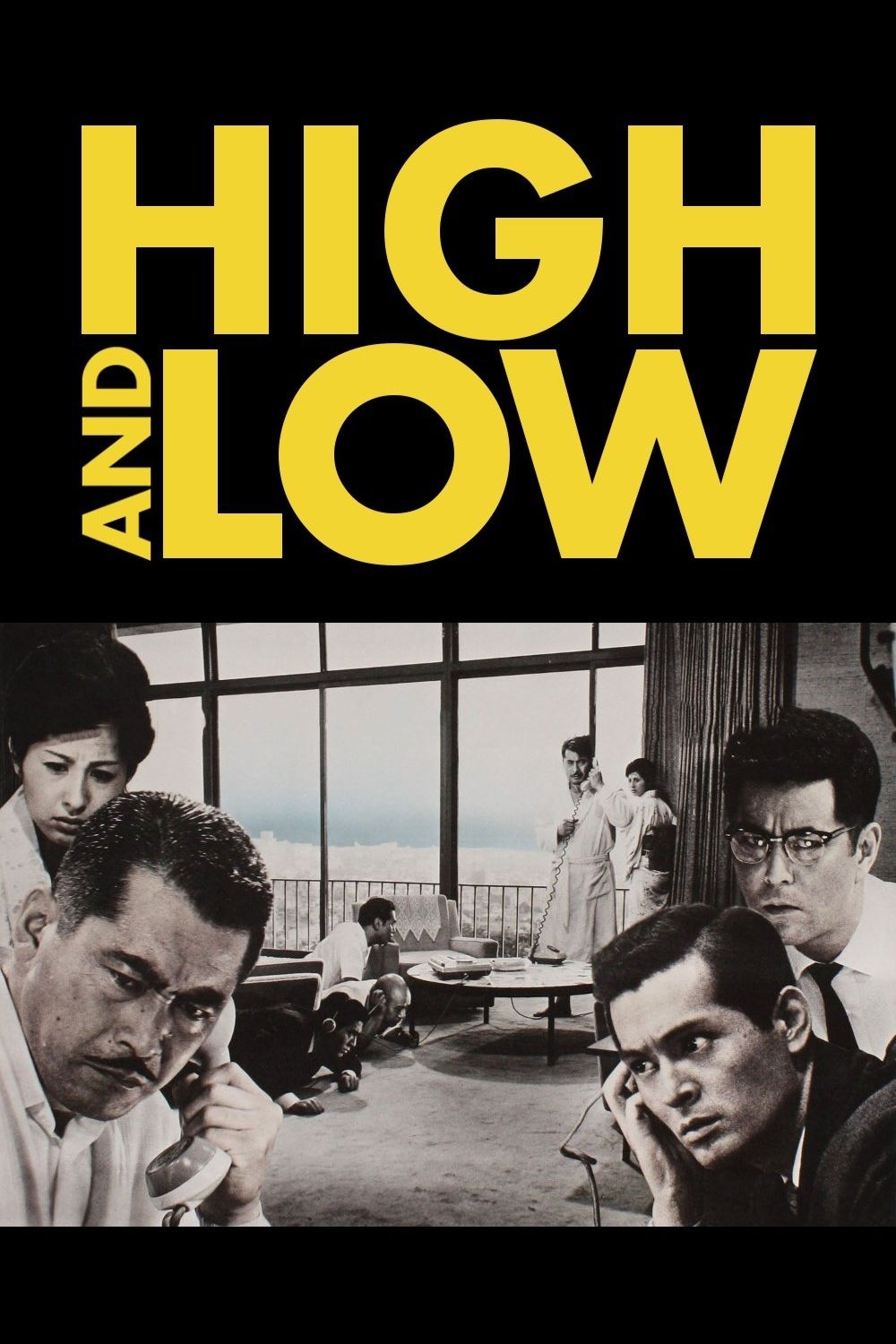 High and Low1963-03-01In the midst of an attempt to take over his company, a powerhouse executive is hit with a huge ransom demand when his chauffeur's son is kidnapped by mistake.More...
High and Low1963-03-01In the midst of an attempt to take over his company, a powerhouse executive is hit with a huge ransom demand when his chauffeur's son is kidnapped by mistake.More...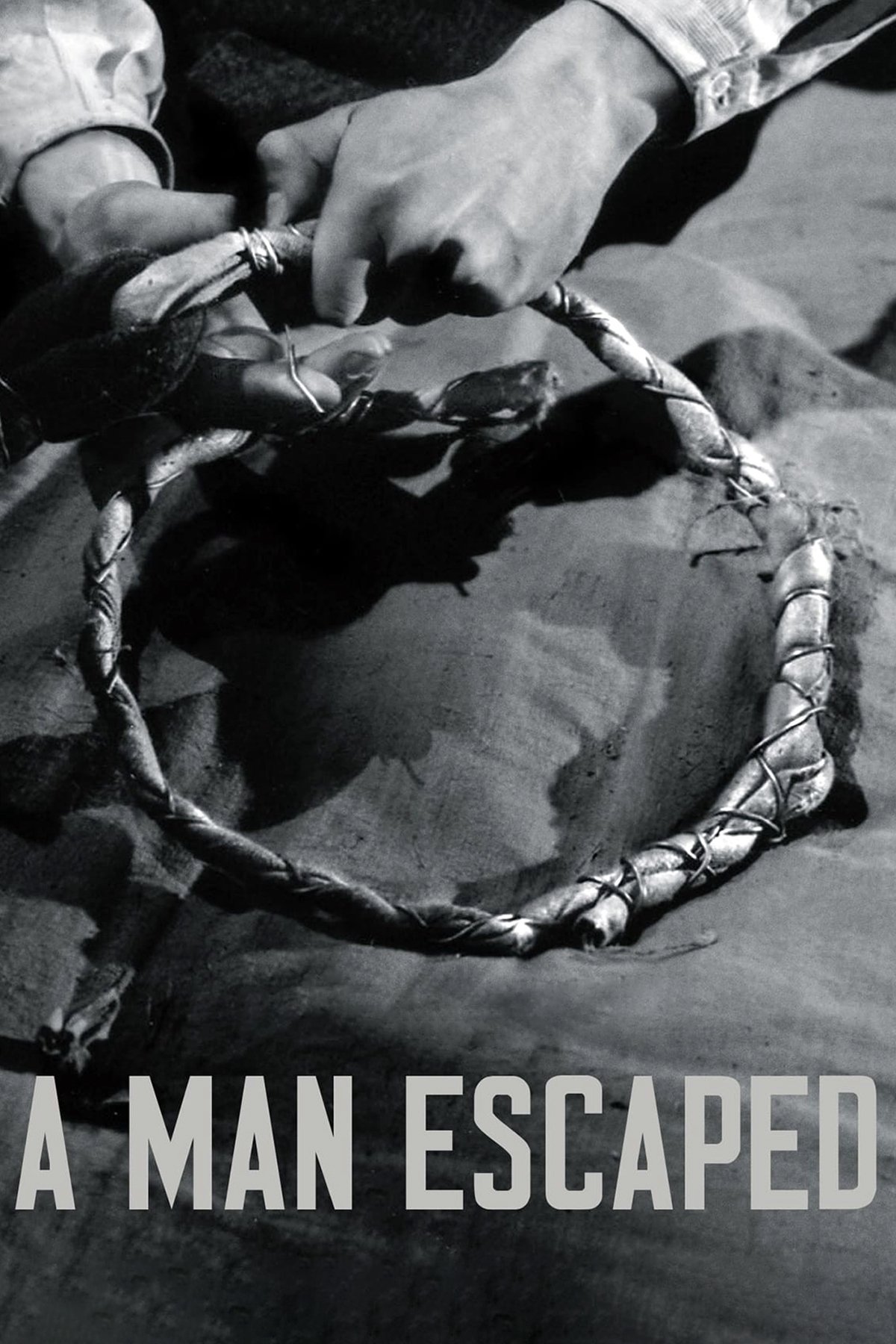 A Man Escaped1956-11-11A captured French Resistance fighter during World War II engineers a daunting escape from prison.More...
A Man Escaped1956-11-11A captured French Resistance fighter during World War II engineers a daunting escape from prison.More...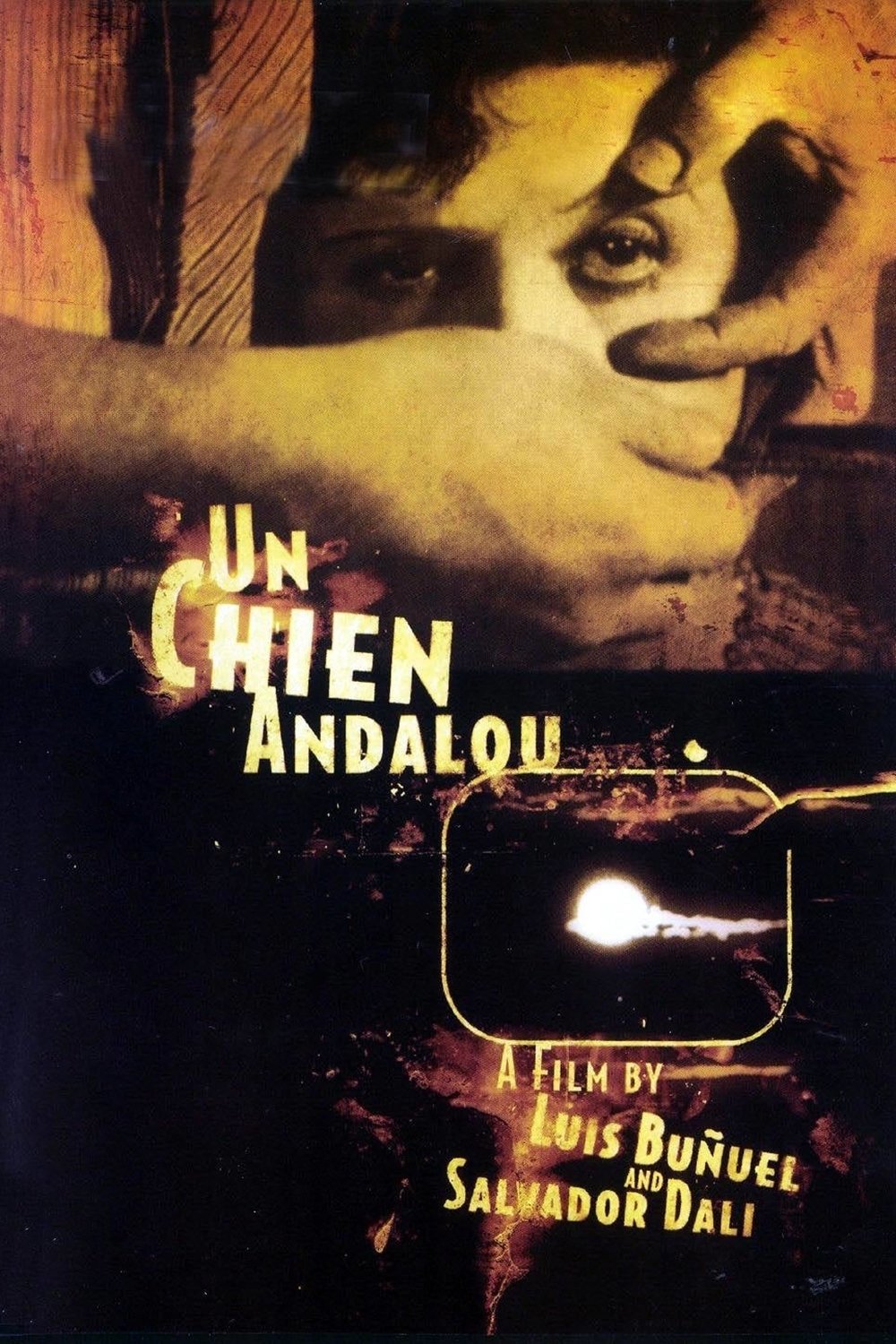 Un Chien Andalou1929-06-05Un Chien Andalou is an European avant-garde surrealist film, a collaboration between director Luis Buñuel and Salvador Dali.More...
Un Chien Andalou1929-06-05Un Chien Andalou is an European avant-garde surrealist film, a collaboration between director Luis Buñuel and Salvador Dali.More... I Vitelloni1953-09-17Five young men dream of success as they drift lazily through life in a small Italian village. Fausto, the group's leader, is a womanizer; Riccardo craves fame; Alberto is a hopeless dreamer; Moraldo fantasizes about life in the city; and Leopoldo is an aspiring playwright. As Fausto chases a string of women, to the horror of his pregnant wife, the other four blunder their way from one uneventful experience to the next.More...
I Vitelloni1953-09-17Five young men dream of success as they drift lazily through life in a small Italian village. Fausto, the group's leader, is a womanizer; Riccardo craves fame; Alberto is a hopeless dreamer; Moraldo fantasizes about life in the city; and Leopoldo is an aspiring playwright. As Fausto chases a string of women, to the horror of his pregnant wife, the other four blunder their way from one uneventful experience to the next.More...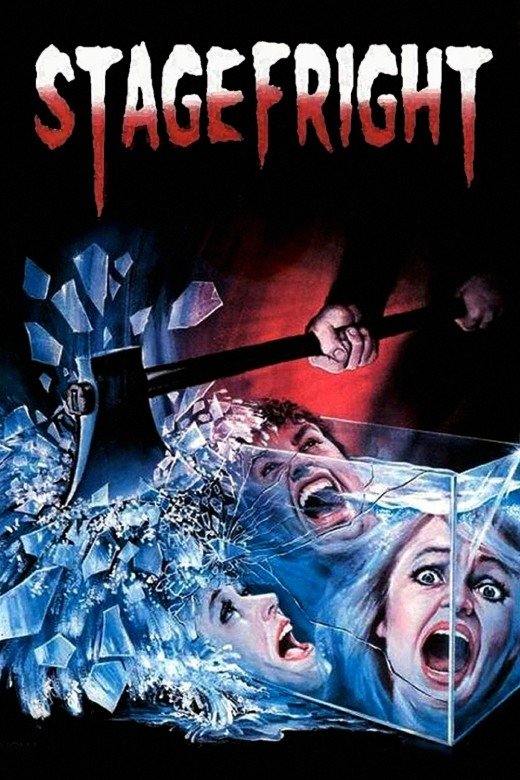 Stage Fright1987-02-08While a group of young actors rehearse a new musical about a mass murderer, a notorious psychopath escapes from a nearby insane asylum.More...
Stage Fright1987-02-08While a group of young actors rehearse a new musical about a mass murderer, a notorious psychopath escapes from a nearby insane asylum.More... Stray Dog1949-10-17A bad day gets worse for young detective Murakami when a pickpocket steals his gun on a hot, crowded bus. Desperate to right the wrong, he goes undercover, scavenging Tokyo’s sweltering streets for the stray dog whose desperation has led him to a life of crime. With each step, cop and criminal’s lives become more intertwined and the investigation becomes an examination of Murakami’s own dark side.More...
Stray Dog1949-10-17A bad day gets worse for young detective Murakami when a pickpocket steals his gun on a hot, crowded bus. Desperate to right the wrong, he goes undercover, scavenging Tokyo’s sweltering streets for the stray dog whose desperation has led him to a life of crime. With each step, cop and criminal’s lives become more intertwined and the investigation becomes an examination of Murakami’s own dark side.More...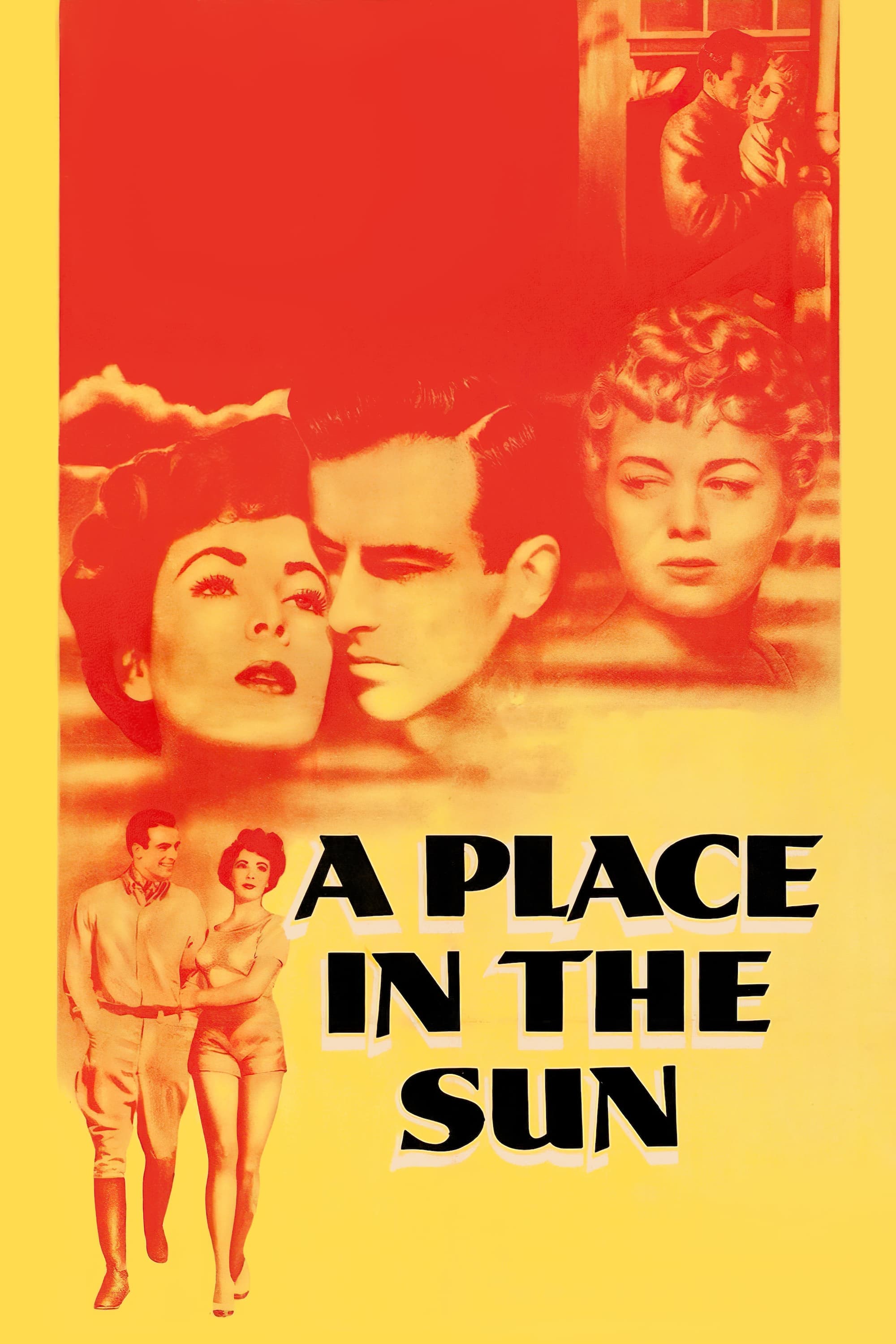 A Place in the Sun1951-06-12A young social climber wins the heart of a beautiful heiress but his former girlfriend's pregnancy stands in the way of his ambition.More...
A Place in the Sun1951-06-12A young social climber wins the heart of a beautiful heiress but his former girlfriend's pregnancy stands in the way of his ambition.More... Intolerance: Love's Struggle Throughout the Ages1916-09-04The story of a poor young woman, separated by prejudice from her husband and baby, is interwoven with tales of intolerance from throughout history.More...
Intolerance: Love's Struggle Throughout the Ages1916-09-04The story of a poor young woman, separated by prejudice from her husband and baby, is interwoven with tales of intolerance from throughout history.More...
Similar Movies
Butch Cassidy and the...
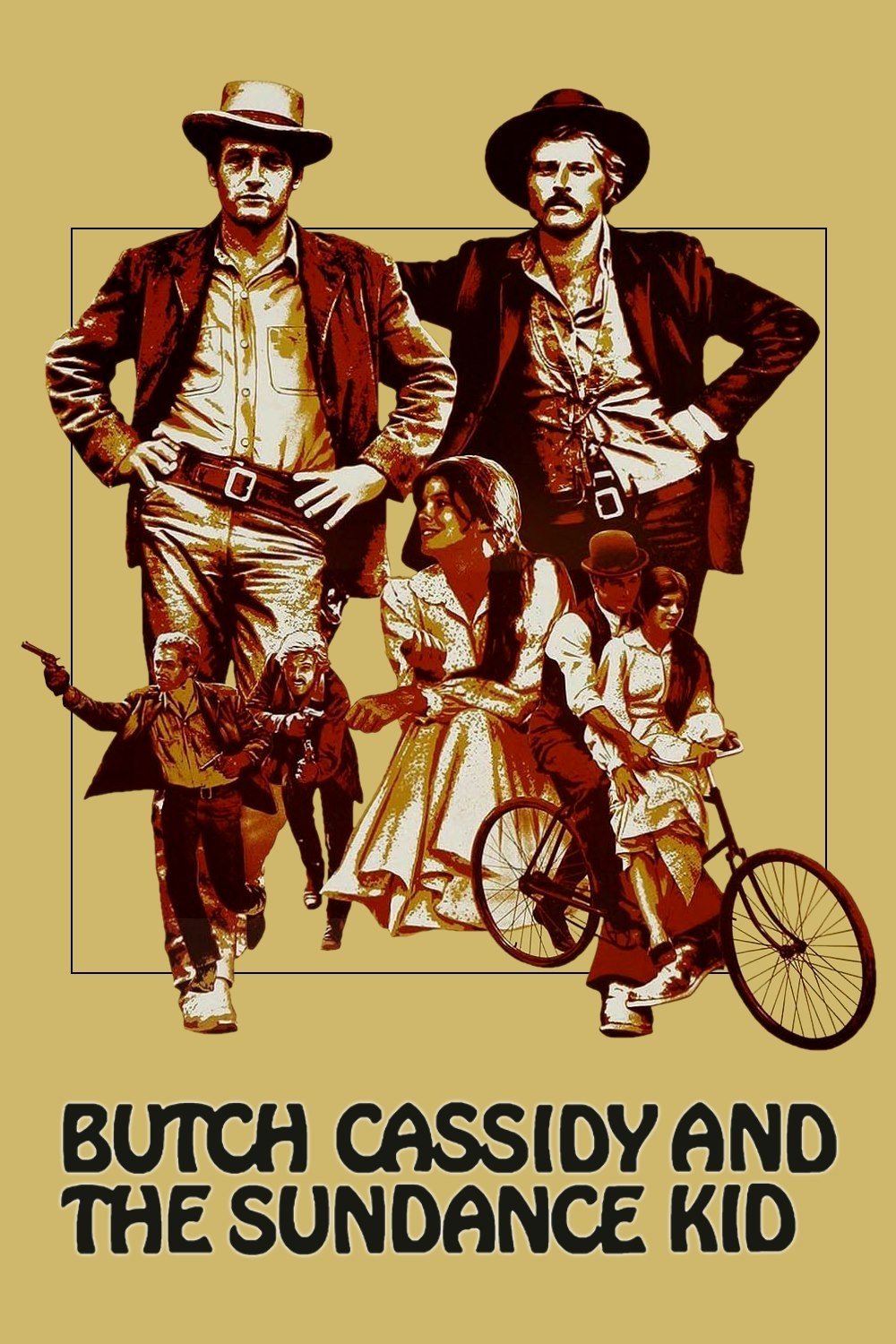 1969-09-23As the west rapidly becomes civilized, a pair of outlaws in 1890s Wyoming find themselves pursued by a posse and decide to flee to South America in hopes of evading the law.
1969-09-23As the west rapidly becomes civilized, a pair of outlaws in 1890s Wyoming find themselves pursued by a posse and decide to flee to South America in hopes of evading the law.Beauty and the Beast
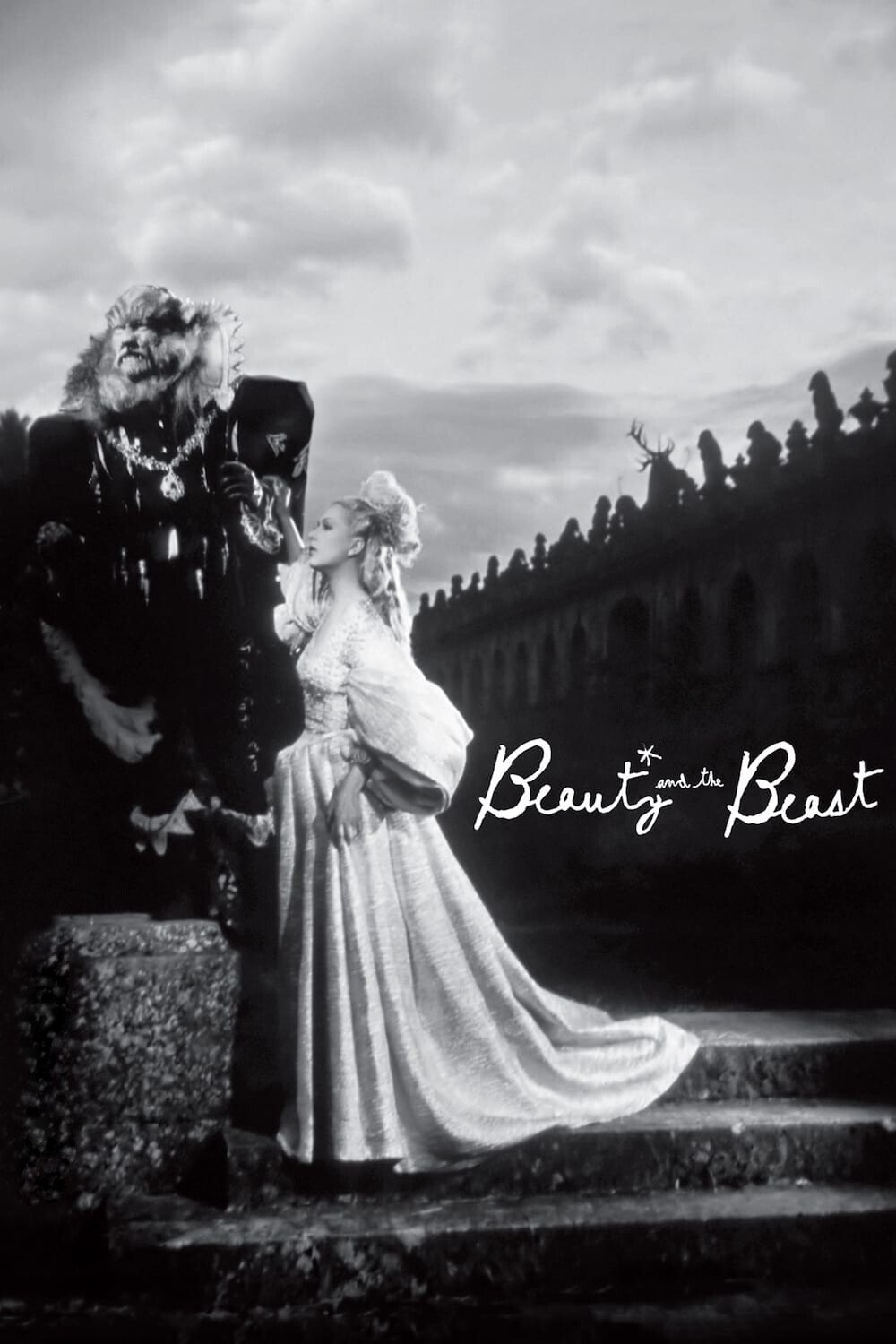 1946-10-29The story of a gentle-hearted beast in love with a simple and beautiful girl. She is drawn to the repellent but strangely fascinating Beast, who tests her fidelity by giving her a key, telling her that if she doesn't return it to him by a specific time, he will die of grief. She is unable to return the key on time, but it is revealed that the Beast is the genuinely handsome one. A simple tale of tragic love that turns into a surreal vision of death, desire, and beauty.
1946-10-29The story of a gentle-hearted beast in love with a simple and beautiful girl. She is drawn to the repellent but strangely fascinating Beast, who tests her fidelity by giving her a key, telling her that if she doesn't return it to him by a specific time, he will die of grief. She is unable to return the key on time, but it is revealed that the Beast is the genuinely handsome one. A simple tale of tragic love that turns into a surreal vision of death, desire, and beauty.M*A*S*H
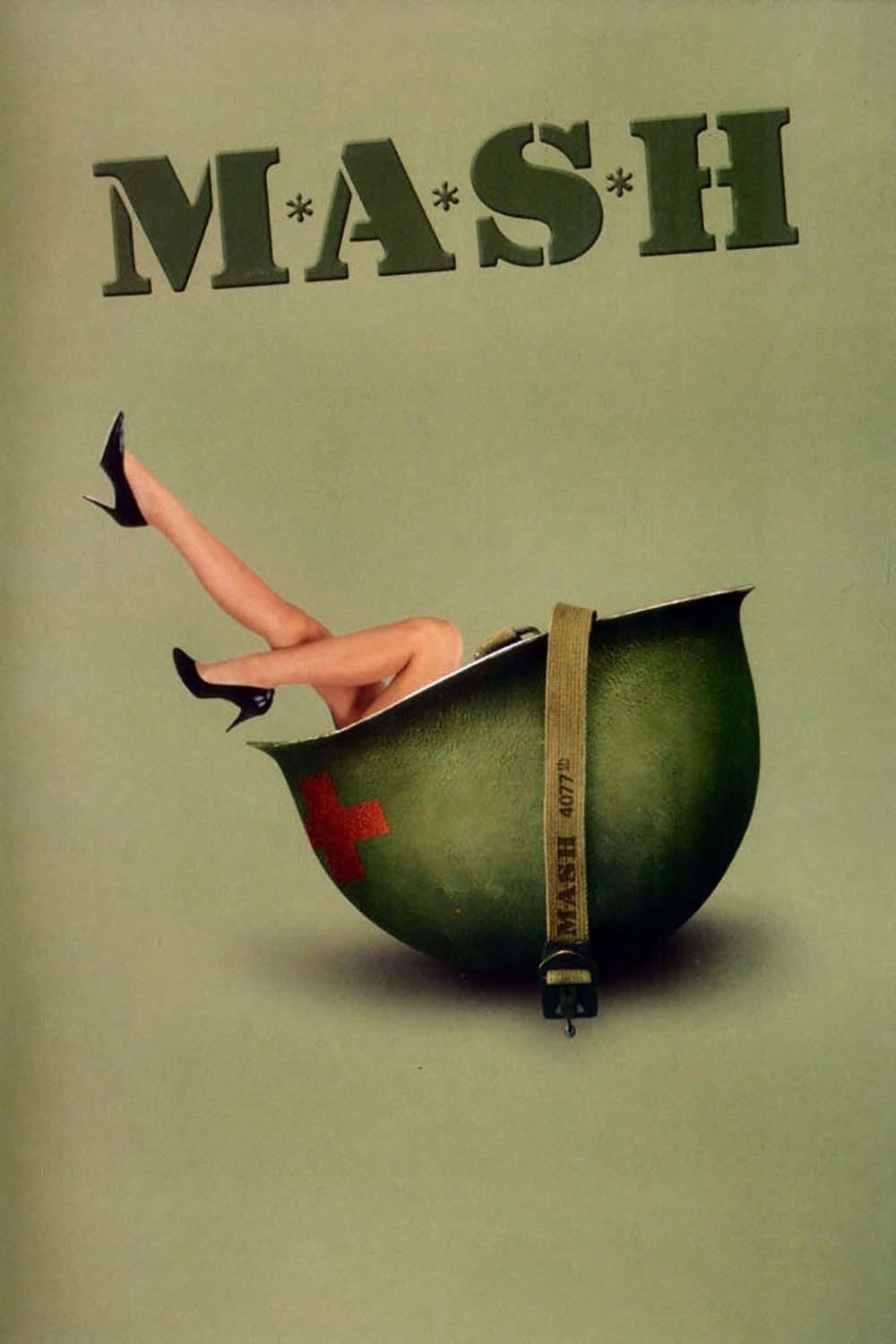 1970-02-18The staff of a Korean War field hospital use humor and hijinks to keep their sanity in the face of the horror of war.
1970-02-18The staff of a Korean War field hospital use humor and hijinks to keep their sanity in the face of the horror of war.On the Waterfront
 1954-06-22Terry Malloy is a kindhearted dockworker, and former boxer, who is tricked by his corrupt bosses into leading his friend to death. After falling in love, he tries to leave the waterfront and expose his employers.
1954-06-22Terry Malloy is a kindhearted dockworker, and former boxer, who is tricked by his corrupt bosses into leading his friend to death. After falling in love, he tries to leave the waterfront and expose his employers.Paris, Texas
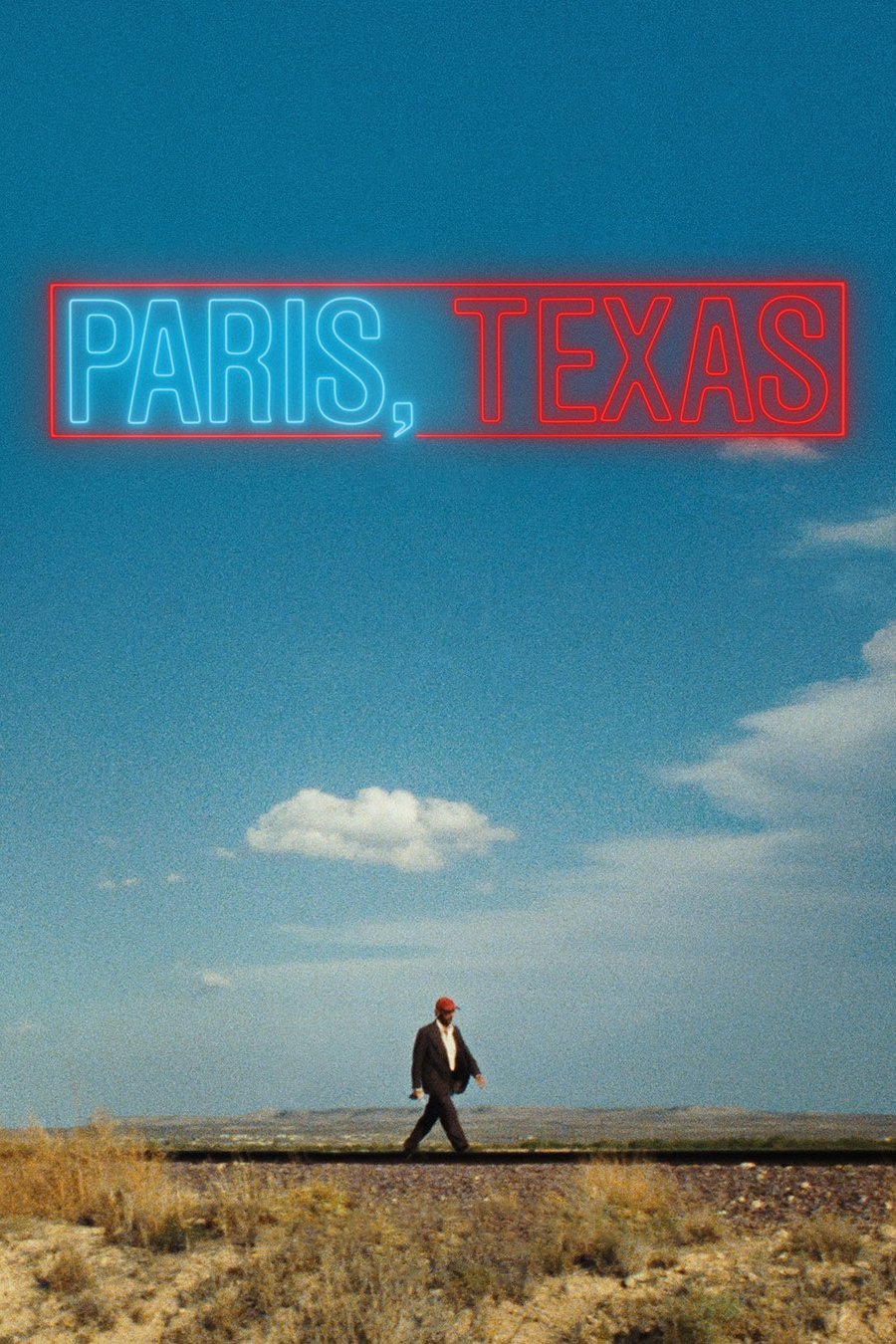 1984-07-16A man wanders out of the desert not knowing who he is. His brother finds him, and helps to pull his memory back of the life he led before he walked out on his family and disappeared four years earlier.
1984-07-16A man wanders out of the desert not knowing who he is. His brother finds him, and helps to pull his memory back of the life he led before he walked out on his family and disappeared four years earlier.The Marriage of Maria...
 1979-03-23Maria marries a young soldier in the last days of World War II, only for him to go missing in the war. She must rely on her beauty and ambition to navigate the difficult post-war years alone.
1979-03-23Maria marries a young soldier in the last days of World War II, only for him to go missing in the war. She must rely on her beauty and ambition to navigate the difficult post-war years alone.La Jetée
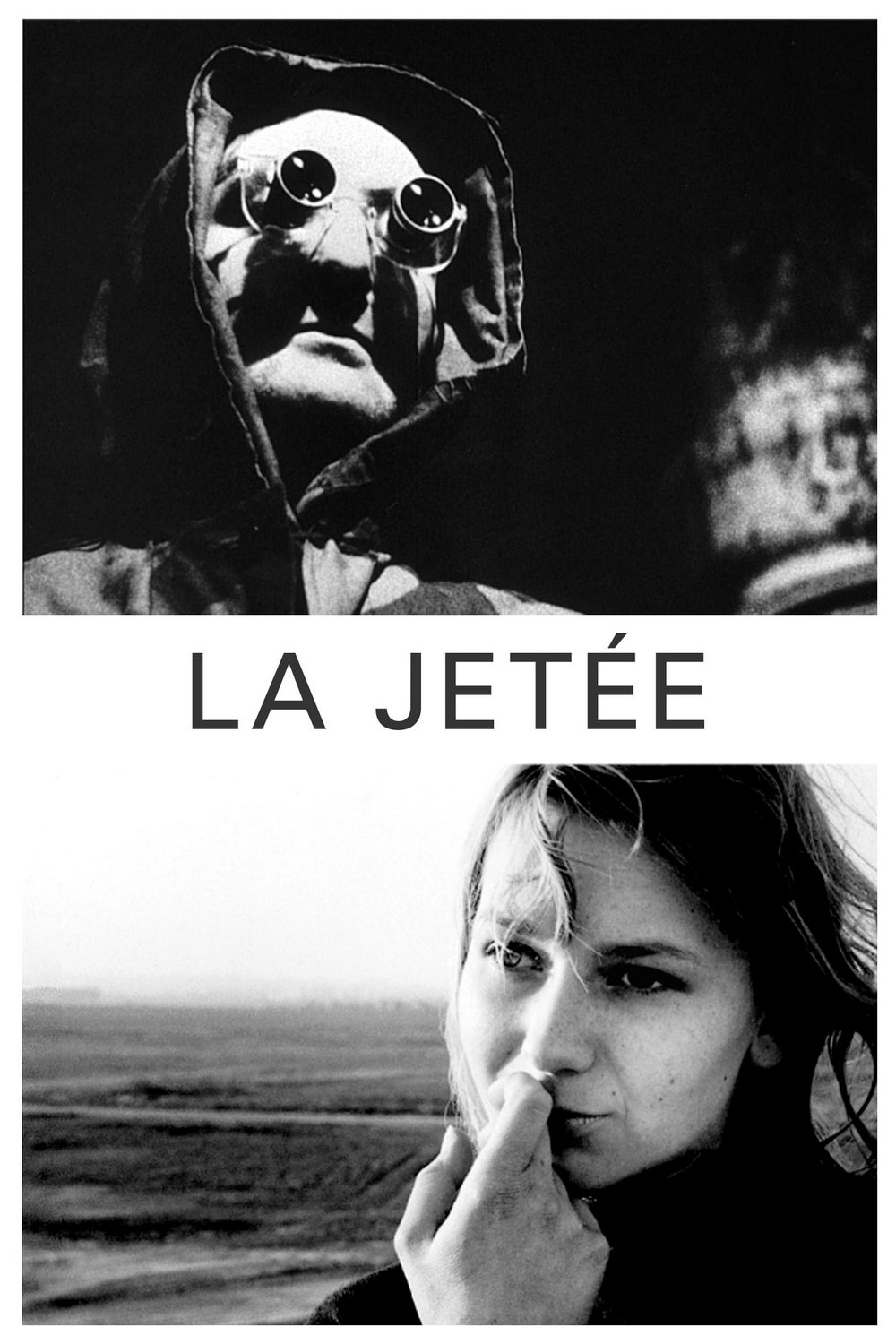 1962-02-16A man confronts his past during an experiment that attempts to find a solution to the problems of a post-apocalyptic world caused by a world war.
1962-02-16A man confronts his past during an experiment that attempts to find a solution to the problems of a post-apocalyptic world caused by a world war.Contact
 1997-07-11A radio astronomer receives the first extraterrestrial radio signal ever picked up on Earth. As the world powers scramble to decipher the message and decide upon a course of action, she must make some difficult decisions between her beliefs, the truth, and reality.
1997-07-11A radio astronomer receives the first extraterrestrial radio signal ever picked up on Earth. As the world powers scramble to decipher the message and decide upon a course of action, she must make some difficult decisions between her beliefs, the truth, and reality.Dead Man Walking
 1995-12-29A death row inmate turns for spiritual guidance to a local nun in the days leading up to his scheduled execution for the murders of a young couple.
1995-12-29A death row inmate turns for spiritual guidance to a local nun in the days leading up to his scheduled execution for the murders of a young couple.Pickpocket
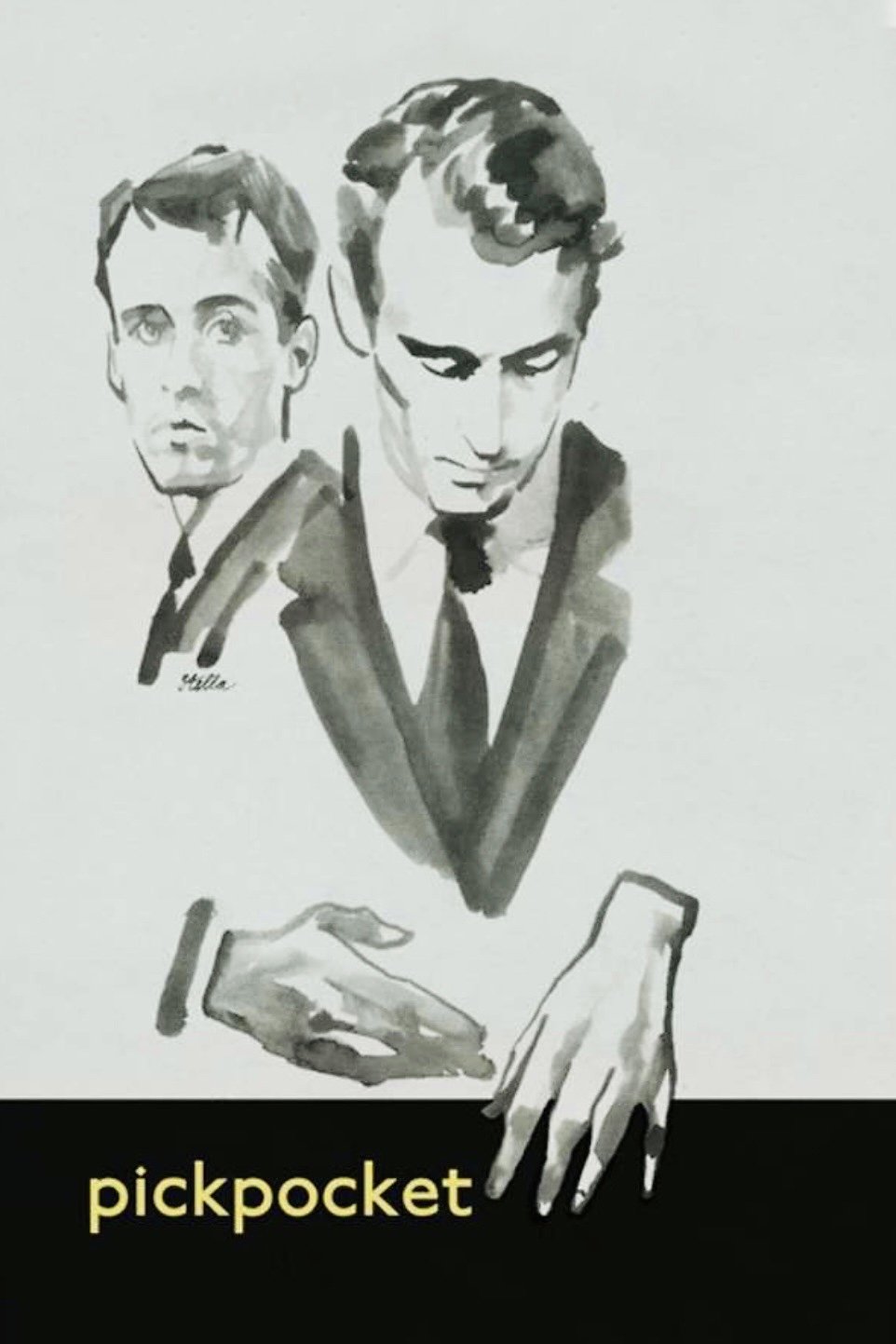 1959-12-16Michel takes up pickpocketing on a lark and is arrested soon after. His mother dies shortly after his release, and despite the objections of his only friend, Jacques, and his mother's neighbor Jeanne, Michel teams up with a couple of petty thieves in order to improve his craft. With a police inspector keeping an eye on him, Michel also tries to get a straight job, but the temptation to steal is hard to resist.
1959-12-16Michel takes up pickpocketing on a lark and is arrested soon after. His mother dies shortly after his release, and despite the objections of his only friend, Jacques, and his mother's neighbor Jeanne, Michel teams up with a couple of petty thieves in order to improve his craft. With a police inspector keeping an eye on him, Michel also tries to get a straight job, but the temptation to steal is hard to resist.Short Cuts
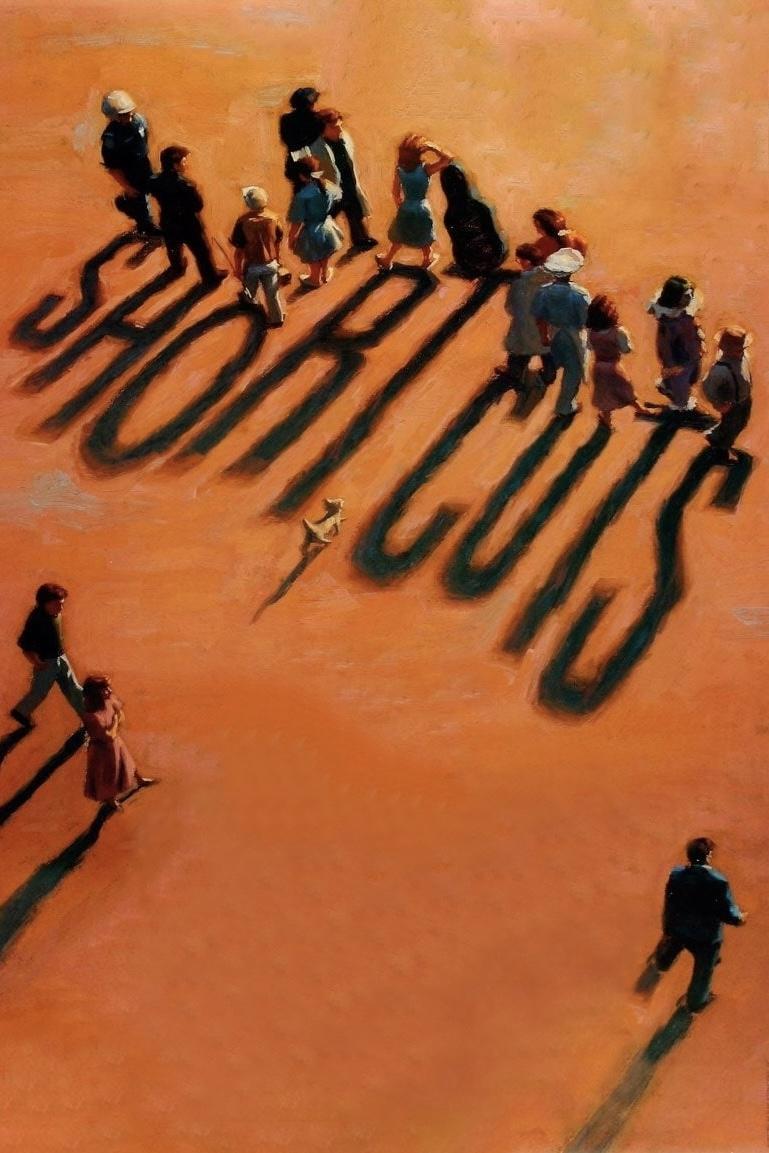 1993-10-01Many loosely connected characters cross paths in this film, based on the stories of Raymond Carver. Waitress Doreen Piggot accidentally runs into a boy with her car. Soon after walking away, the child lapses into a coma. While at the hospital, the boy's grandfather tells his son, Howard, about his past affairs. Meanwhile, a baker starts harassing the family when they fail to pick up the boy's birthday cake.
1993-10-01Many loosely connected characters cross paths in this film, based on the stories of Raymond Carver. Waitress Doreen Piggot accidentally runs into a boy with her car. Soon after walking away, the child lapses into a coma. While at the hospital, the boy's grandfather tells his son, Howard, about his past affairs. Meanwhile, a baker starts harassing the family when they fail to pick up the boy's birthday cake.Manhattan
 1979-04-25Manhattan explores how the life of a middle-aged television writer dating a teenage girl is further complicated when he falls in love with his best friend's mistress.
1979-04-25Manhattan explores how the life of a middle-aged television writer dating a teenage girl is further complicated when he falls in love with his best friend's mistress.A Streetcar Named Des...
 1951-09-19A disturbed, aging Southern belle moves in with her sister for solace — but being face-to-face with her brutish brother-in-law accelerates her downward spiral.
1951-09-19A disturbed, aging Southern belle moves in with her sister for solace — but being face-to-face with her brutish brother-in-law accelerates her downward spiral.All About Eve
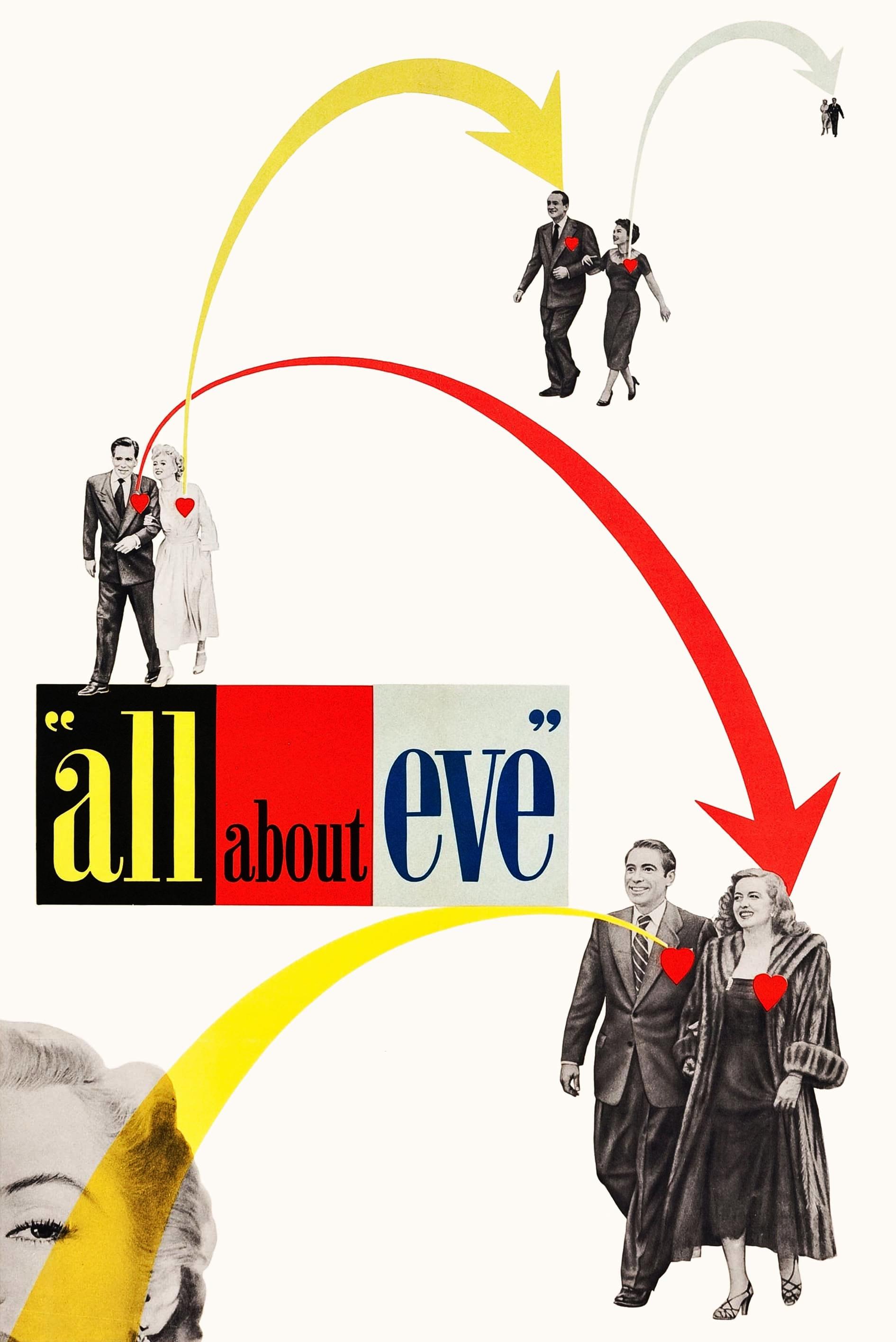 1950-11-09From the moment she glimpses her idol at the stage door, Eve Harrington is determined to take the reins of power away from the great actress Margo Channing. Eve maneuvers her way into Margo's Broadway role, becomes a sensation and even causes turmoil in the lives of Margo's director boyfriend, her playwright and his wife. Only the cynical drama critic sees through Eve, admiring her audacity and perfect pattern of deceit.
1950-11-09From the moment she glimpses her idol at the stage door, Eve Harrington is determined to take the reins of power away from the great actress Margo Channing. Eve maneuvers her way into Margo's Broadway role, becomes a sensation and even causes turmoil in the lives of Margo's director boyfriend, her playwright and his wife. Only the cynical drama critic sees through Eve, admiring her audacity and perfect pattern of deceit.Finding Forrester
 2000-12-21Gus Van Sant tells the story of a young African American man named Jamal who confronts his talents while living on the streets of the Bronx. He accidentally runs into an old writer named Forrester who discovers his passion for writing. With help from his new mentor Jamal receives a scholarship to a private school.
2000-12-21Gus Van Sant tells the story of a young African American man named Jamal who confronts his talents while living on the streets of the Bronx. He accidentally runs into an old writer named Forrester who discovers his passion for writing. With help from his new mentor Jamal receives a scholarship to a private school.Top Gun
 1986-05-16For Lieutenant Pete 'Maverick' Mitchell and his friend and co-pilot Nick 'Goose' Bradshaw, being accepted into an elite training school for fighter pilots is a dream come true. But a tragedy, as well as personal demons, will threaten Pete's dreams of becoming an ace pilot.
1986-05-16For Lieutenant Pete 'Maverick' Mitchell and his friend and co-pilot Nick 'Goose' Bradshaw, being accepted into an elite training school for fighter pilots is a dream come true. But a tragedy, as well as personal demons, will threaten Pete's dreams of becoming an ace pilot.The Sixth Sense
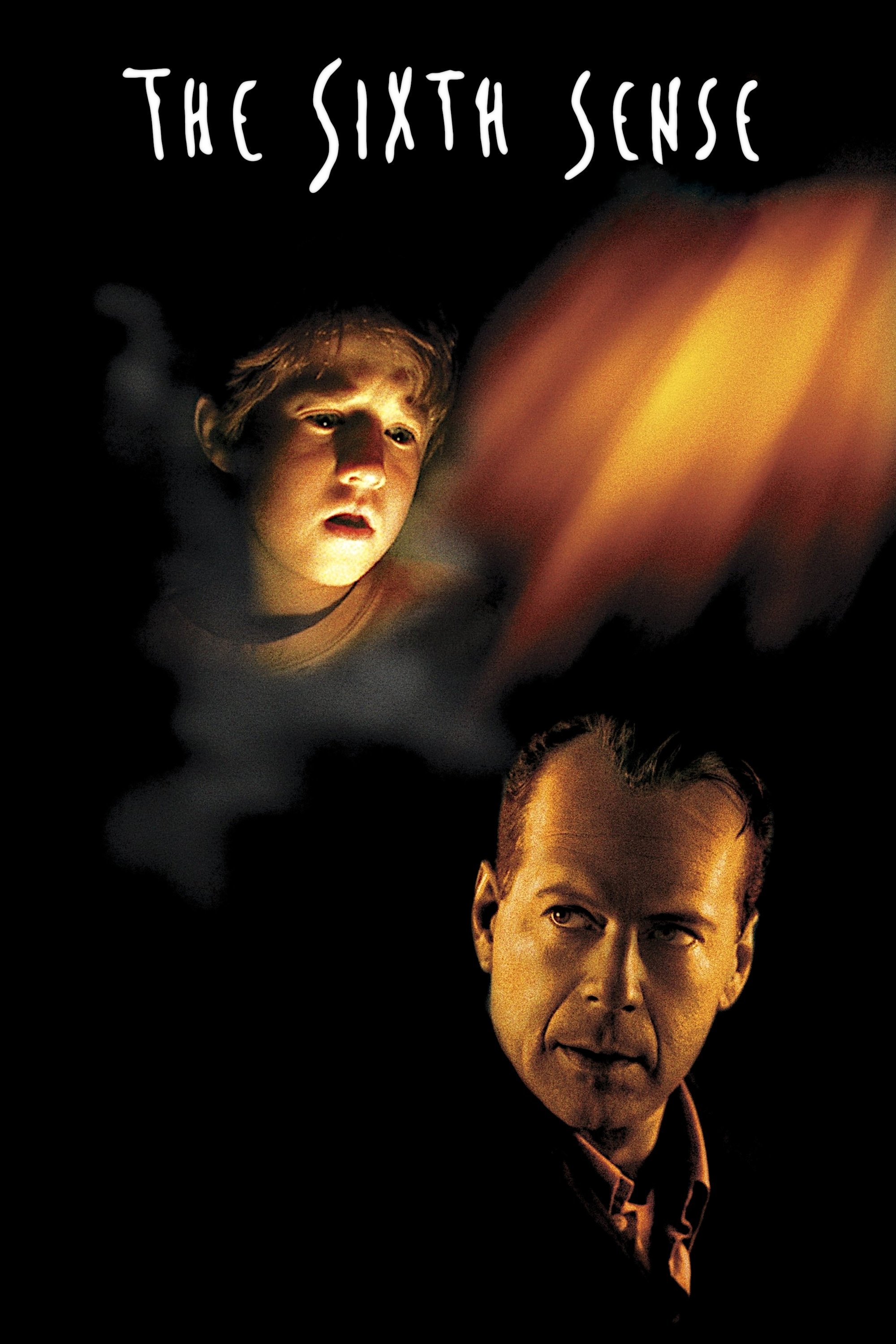 1999-08-06Following an unexpected tragedy, child psychologist Malcolm Crowe meets a nine year old boy named Cole Sear, who is hiding a dark secret.
1999-08-06Following an unexpected tragedy, child psychologist Malcolm Crowe meets a nine year old boy named Cole Sear, who is hiding a dark secret.Murder She Said
 1961-09-26Miss Marple believes she's seen a murder in a passing-by train, yet when the police find no evidence she decides to investigate it on her own.
1961-09-26Miss Marple believes she's seen a murder in a passing-by train, yet when the police find no evidence she decides to investigate it on her own.Murder at the Gallop
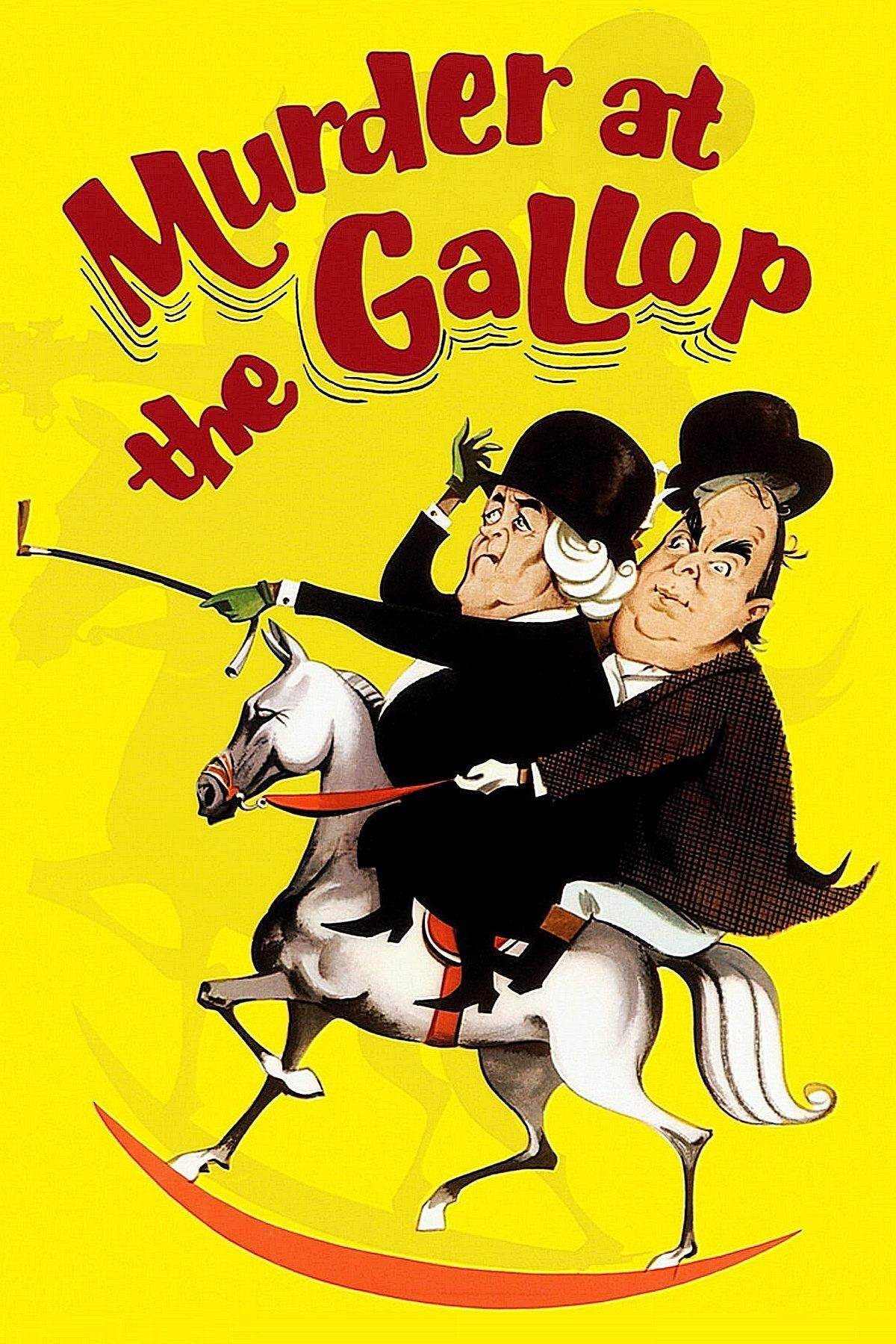 1963-06-24Miss Marple and Mr. Stringer are witnesses to the death by heart attack of elderly, rich Mr. Enderby. Yet they have their doubts about what happened. The police don't believe them, thus leading Miss Marple to yet again investigate by herself.
1963-06-24Miss Marple and Mr. Stringer are witnesses to the death by heart attack of elderly, rich Mr. Enderby. Yet they have their doubts about what happened. The police don't believe them, thus leading Miss Marple to yet again investigate by herself.Murder Most Foul
 1964-03-01A murderer is brought to court and only Miss Marple is unconvinced of his innocence. Once again she begins her own investigation.
1964-03-01A murderer is brought to court and only Miss Marple is unconvinced of his innocence. Once again she begins her own investigation.
